Cosmetics ECommerce: 5 Platforms For Website Development







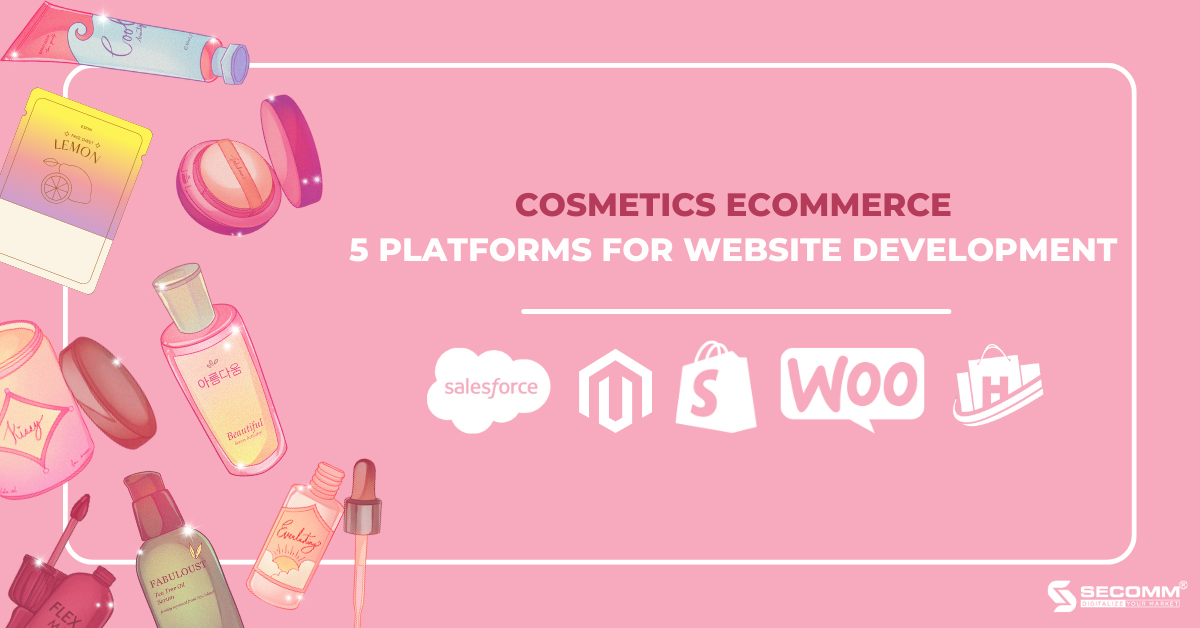
Cosmetics eCommerce is currently developing into a fresh and promising sales channel for companies in addition to the traditional sales channel. Businesses must work hard to sustain and achieve breakthrough growth through eCommerce platforms, though.
As a result, numerous cosmetics companies started developing online cosmetics business websites and found surprising success, such as Kylie Cosmetics, Hasaki, and Guardian,…
These websites’ success can be attributed to their early selection of an adequate and suitable eCommerce platform. Which platforms are appropriate for the cosmetics industry, then?
1. Salesforce Commerce Cloud
Salesforce Commerce Cloud (SFCC) is a highly flexible SaaS eCommerce platform that allows companies to offer the best B2B and B2C shopping experiences. Moreover, Salesforce gives Commerce Cloud access to Einstein AI to further enhance this system’s intelligence.
Top cosmetic brands currently using Salesforce Commerce Cloud to deploy eCommerce include L’Occitane, Lancôme, Loreal, Nars, Neutrogena, NYX Cosmetics, and Shiseido,…

Pros:
- SFCC offers a flexible and scalable hosting infrastructure as a cloud-based SaaS platform, and this vendor will be in charge of configuration, updates, maintenance, security, etc., helping users save time and money in these areas.
- Since SFCC is practically a ready-made solution, businesses only need to express their ideas, and SFCC’s IT team will develop them in a matter of weeks.
- The amazingly functional system supports cosmetic eCommerce businesses by allowing customers to select product sizes, purchase items in sets, take advantage of shock deals and flash sales, and receive new customer discounts and loyalty points.
- Unlike other SaaS platforms, SFCC scales and manages traffic spikes for sales seasons and other unplanned events with ease.
- Synchronizing sales channels, reaching, and serving clients across many channels are made possible by omnichannel solutions for the cosmetics industry.
Cons:
- Developers and businesses are required extensive SFCC understanding.
- SFCC charges users on a revenue-based model. Depending on the selected plan package, customers will pay 1 or 2% GMV (Gross Merchandise Value) to preserve website ownership. This means that the higher the revenue, the more expenses must be paid to SFCC.
- Limited integration with 3rd party services.
=> SFCC is suitable for B2C and B2B cosmetic businesses.
2. Magento
Magento is a popular open-source commerce platform in the field of eCommerce, with nearly 200,000 websites in use. Currently, Magento has 2 versions: Magento Open Source (free), and Magento Commerce (paid).
Cosmetic eCommerce websites built successfully on the Magento platform with high brand awareness include Laneige, Sigma Beauty, and Hasaki,…

Pros:
- Many cosmetics themes from the global developer community and Magento website developers so businesses can use existing themes which easy to customize or use self-designed themes.
- Functional systems from basic to advanced, specialized for the cosmetic industry such as choosing product size, buying in sets, exclusive deals, product suggestions, viewed products, member incentives, etc.
- Due to its comprehensive customization options, Magento enables businesses to fully own, control, and customize the source code, facilitating the efficient operation of systems. Moreover, Magento may be customized to fit the eCommerce requirements of enterprises of various sizes.
- Highly scalable, beneficial for future system expansion, and featuring multiple sites, stores, languages, and currencies.
- Because Magento is a complete eCommerce system, it can guarantee smooth operation and minimize potential dangers from data systems and transaction processes, resulting in high security. As a result, the reputation of the website, system safety, and user rights are all improved.
- There is a huge skilled Magento developer community present worldwide, ready to help with technical issues as well as provide assistance in creating eCommerce solutions appropriate for each business model.
Cons:
- There is no repository of themes from Magento to support businesses.
- Implementation typically takes three to six months, but it might take up to a year due to a sophisticated functioning system.
- Although the platform is free to use, the cost of implementing eCommerce with Magento is quite high, about $50,000-$100,000 depending on the complexity of the project.
=> Magento is appropriate for a range of cosmetics business types, including B2B, B2C, and B2B2C, as well as for various business sizes, including start-ups, SMEs, and major companies. However, large organizations use Magento because it is frequently relatively expensive to deploy.
3. WooCommerce
WooCommerce is a free WordPress plugin that allows businesses to transform a regular WordPress website into a professional eCommerce website with full features and easy customization with just a few simple steps.
A few good examples of big brands that have built successful eCommerce websites with WooCommerce and generated huge sales such as: MOI Cosmetics, Bo Shop, Nuty Cosmetics, AB Beauty World, Beauty Garden,. ..

Pros:
- There are many free and premium themes from the WordPress and WooCommerce communities for the cosmetics sector which are easy to customize or businesses can use self-designed themes.
- Functional systems from basic to advanced for cosmetic eCommerce business such as similar product suggestions, viewed products, discount vouchers, and new customer incentives,…
- Easy integration with a variety of 3rd party services.
- The cost of building an eCommerce website is not too high compared to other open-source platforms like Magento, with total annual costs ranging from $110 to $1,500+ for domains, hosting, themes, extensions, plugins, etc.
- eCommerce website implementation time with WooCommerce takes about 1 to 3 months to complete.
Cons:
- The functional system is still limited in terms of features specific to the cosmetics industry.
- The scalability is not as high compared to other open-source platforms such as Open Cart, and Magento because it depends on the WordPress system.
=> WooCommerce will be suitable for cosmetics businesses that are familiar with the WordPress platform and want to develop an eCommerce system.
4. Shopify
Shopify is a popular SaaS platform in the world that provides a variety of solutions for businesses of all sizes to successfully build eCommerce websites. After being in the market for about 20 years, Shopify has gradually grown to become one of the top eCommerce platforms in the world, trusted by many Vietnamese and foreign companies.
Kylie Cosmetics, Innisfree, Sulwhasoo, Cho Tinh Cua Boo, Guardian, and Ofélia are some examples of companies in the cosmetics industry leveraging Shopify for eCommerce websites and enjoying great success.

Pros:
- Available and diverse themes for the cosmetics industry.
- Functional system from basic to advanced, supporting eCommerce business such as similar product suggestions, viewed products, discount vouchers, and new customer incentives.
- The initial cost is quite reasonable with a variety of options for businesses from $29/month to about $2,000/month.
- The time to build an eCommerce website is quite fast from 1-7 days, or more depending on the complexity of the system.
- Shopify has a large developer community to serve businesses.
Cons:
- The layout of existing templates causes duplicating, and it’s challenging to alter themes or create your own interface because doing so will have an adverse effect on the entire system.
- The system of specific functions for the cosmetics sector is still limited.
- A wider range of 3rd party services but still only integrated with services available in Shopify’s app store.
- Deployment costs are both advantages and disadvantages of Shopify when the initial cost is quite reasonable, but in the long run, businesses have to pay the cost of using the platform, interface, application, etc., regularly every month. This makes it difficult to manage cash flow.
- Because it is a SaaS platform, it will be difficult for Shopify to expand its website in the future.
=> Shopify is considered suitable for start-ups or SMEs with global operations.
5. Haravan
Haravan is a leading technology firm in Vietnam, that was founded in 2014, with the intention of eventually extending to many other Southeast Asian nations.
It specializes in offering businesses and merchants in Vietnam solutions for eCommerce, engagement marketing, and omnichannel retail.
Haravan has gained the trust of many companies in the cosmetics industry as a result of the efficiency of the website system that the business has created and the ground-breaking online retail sales.
The Face Shop, The World of Lipsticks, The World Skin Food, and Lam Thao Cosmetics are some well-known cosmetics companies in Vietnam that have launched eCommerce websites using the Haravan platform.

Pros:
- Available and diverse themes for the cosmetics industry.
- Wide range of applications, from basic to advanced to start an eCommerce business.
- Reasonable eCommerce deployment cost, various packages from 200,000 VND/month to 3,000,000 VND/month, making it easy for customers to choose.
- The time to build an eCommerce website is fast, only about 30 minutes for businesses to own a website with all the necessary features to get started. However, for the website to work effectively, businesses need to spend more time researching and developing the system.
Cons:
- The layout of existing templates causes duplicating, and it’s challenging to alter themes or create your own interface because doing so will have an adverse effect on the entire system.
- The system of specific functions for the cosmetics sector is still limited.
- Only integrated with services/utilities located in Haravan’s ecosystem.
- Because it is a SaaS platform, it will be difficult for Haravan to expand the website in the future.
=> Haravan is suitable for start-up cosmetics businesses or SMEs (small and medium-sized enterprises) with operations mainly in Vietnam.
An extremely critical first step in developing a cosmetic eCommerce website is selecting the appropriate platform. Businesses may develop websites more quickly and affordably while enhancing their competitive advantage and sustainable growth by choosing the right eCommerce platform.
The improper platform, on the other hand, will cost firms a lot of money and effort to adopt and switch platforms repeatedly. Therefore, in order to select the best platform, organizations must take into account the objectives and issues with the current model.
With many years of experience in successfully implementing eCommerce for many customers in many countries, SECOMM specializes in providing consulting services with comprehensive and professional eCommerce implementation solutions.
Contact SECOMM today for free support and advice.






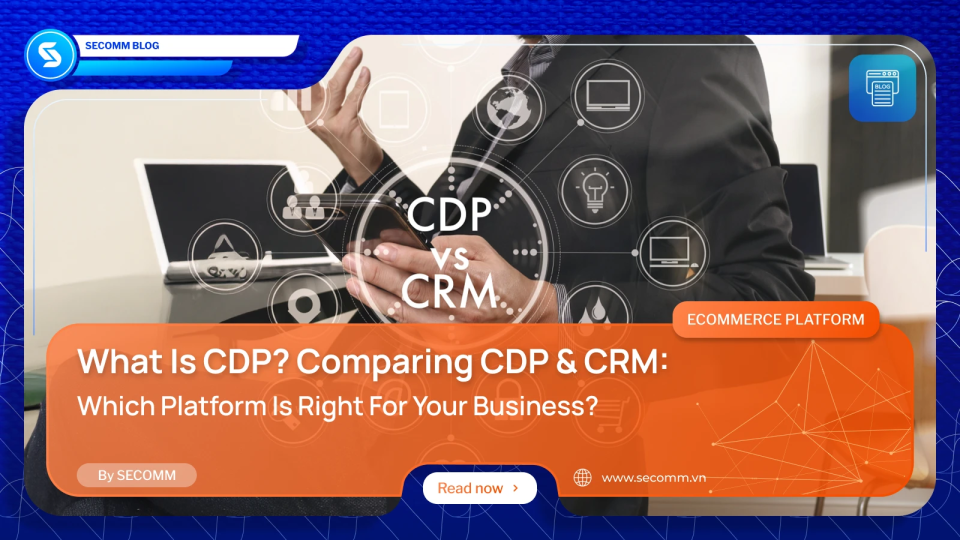
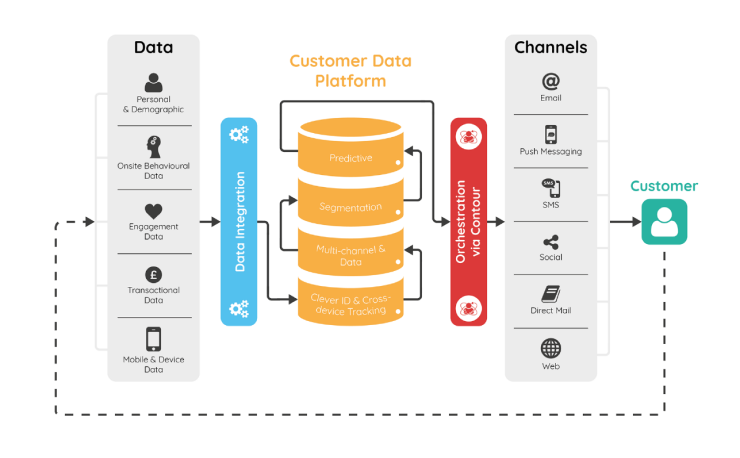


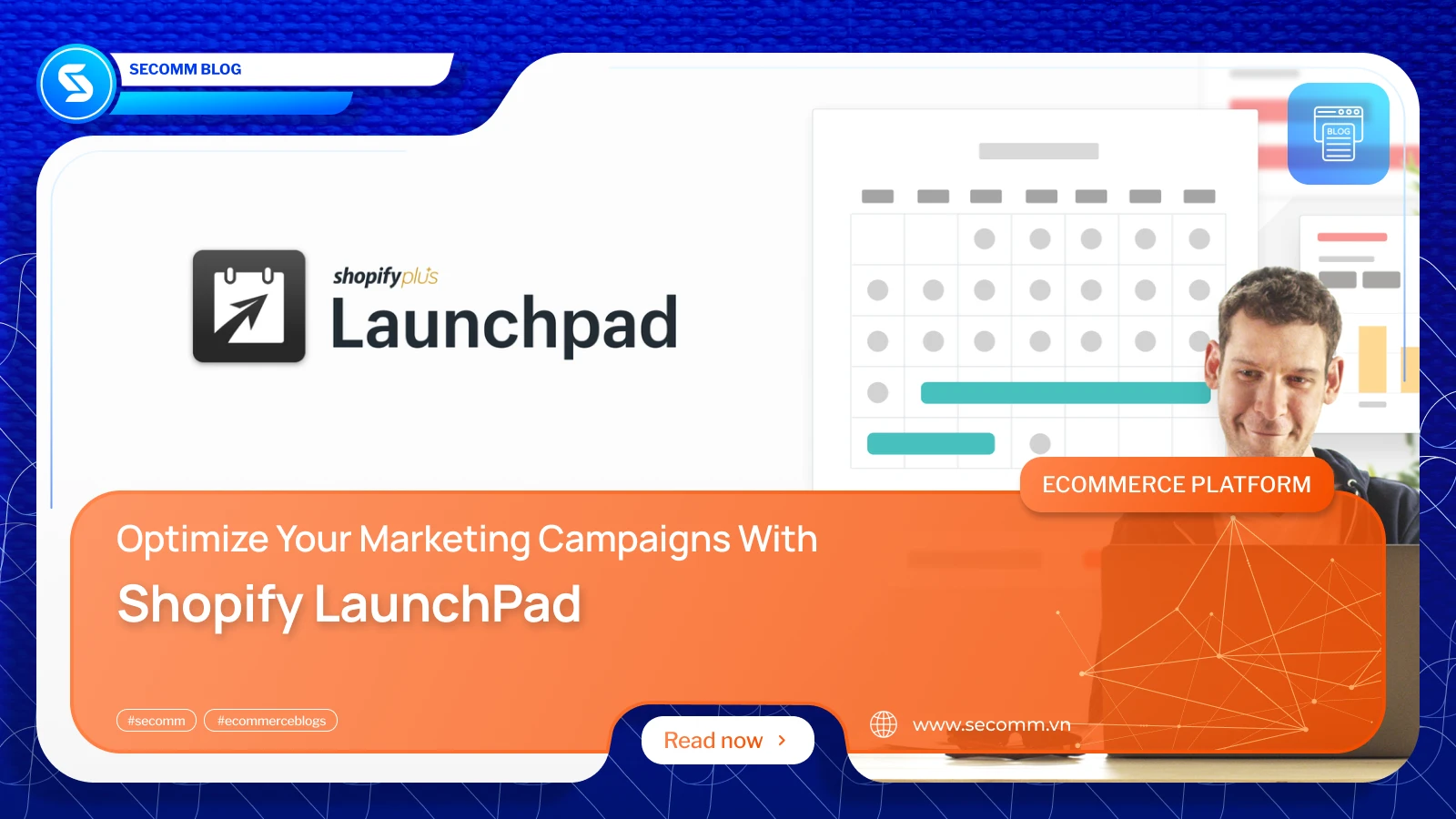

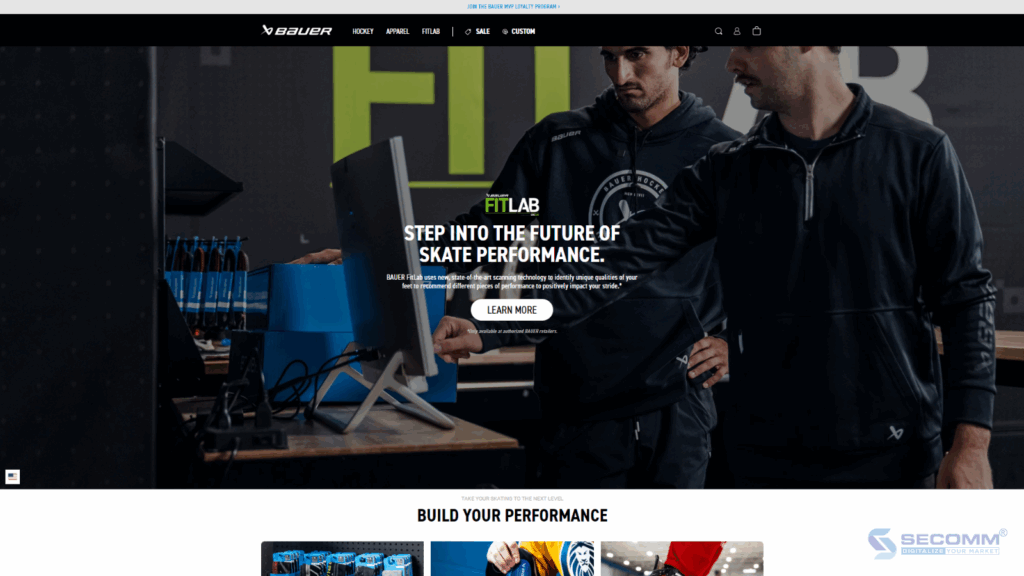
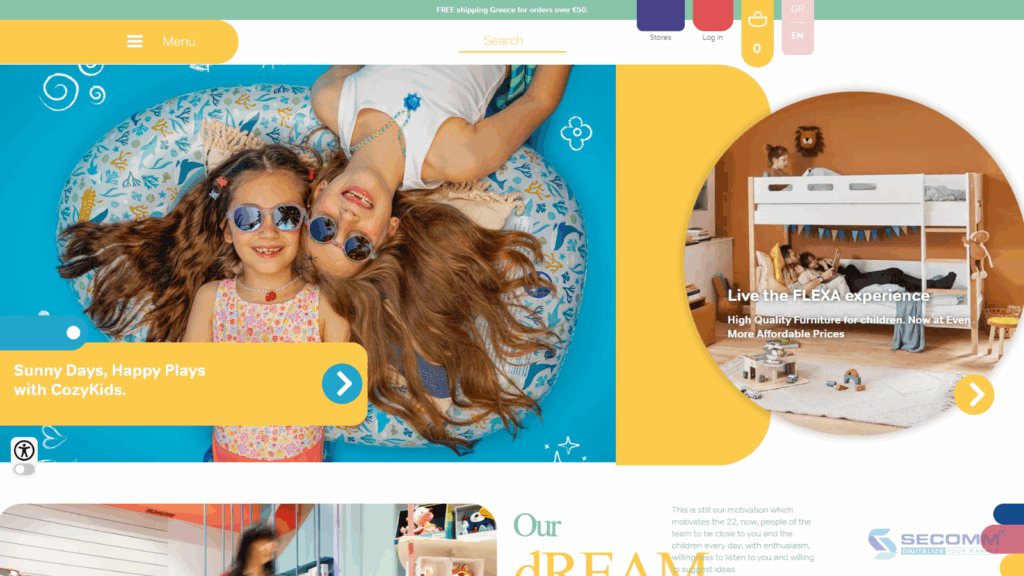
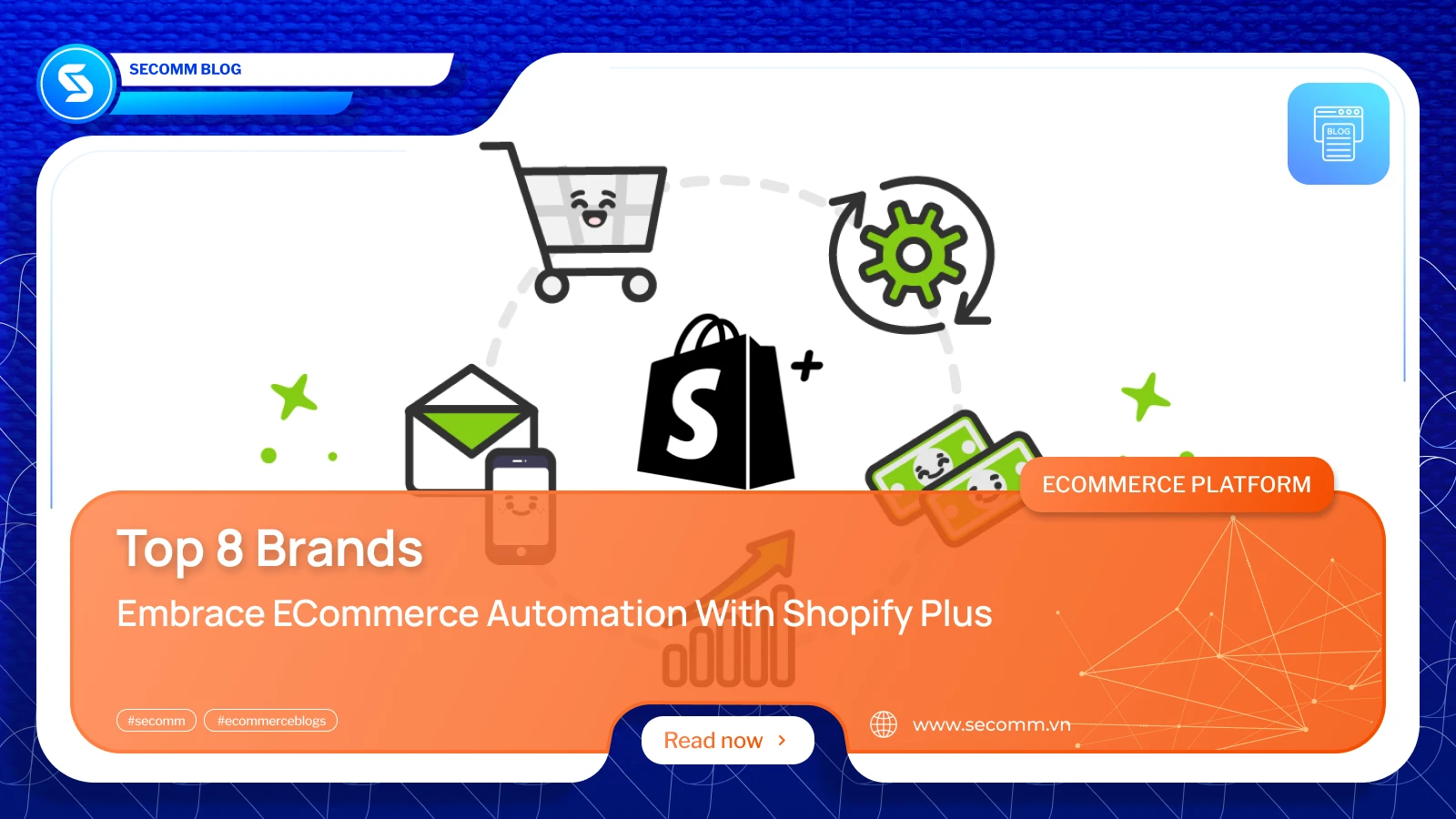

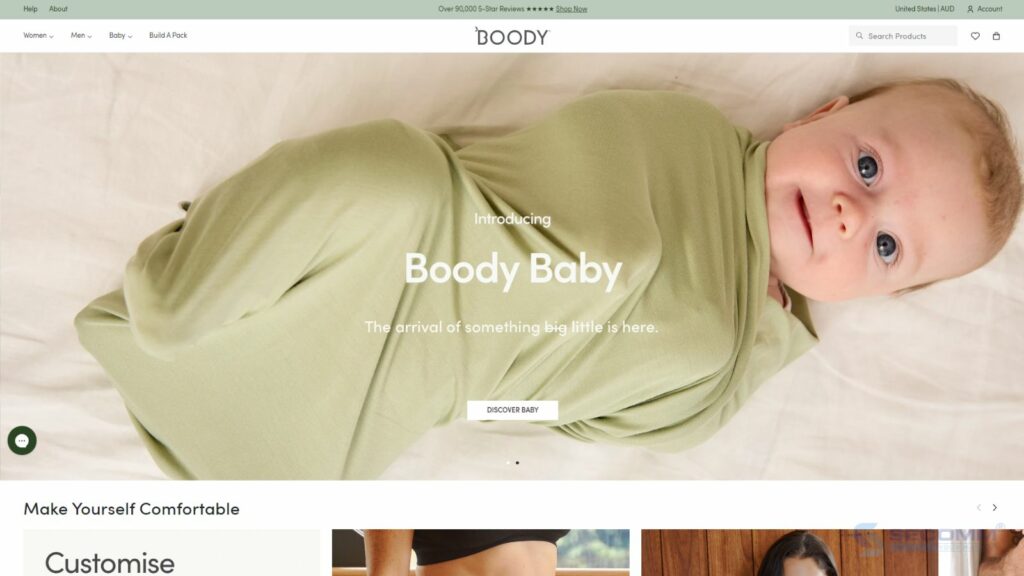



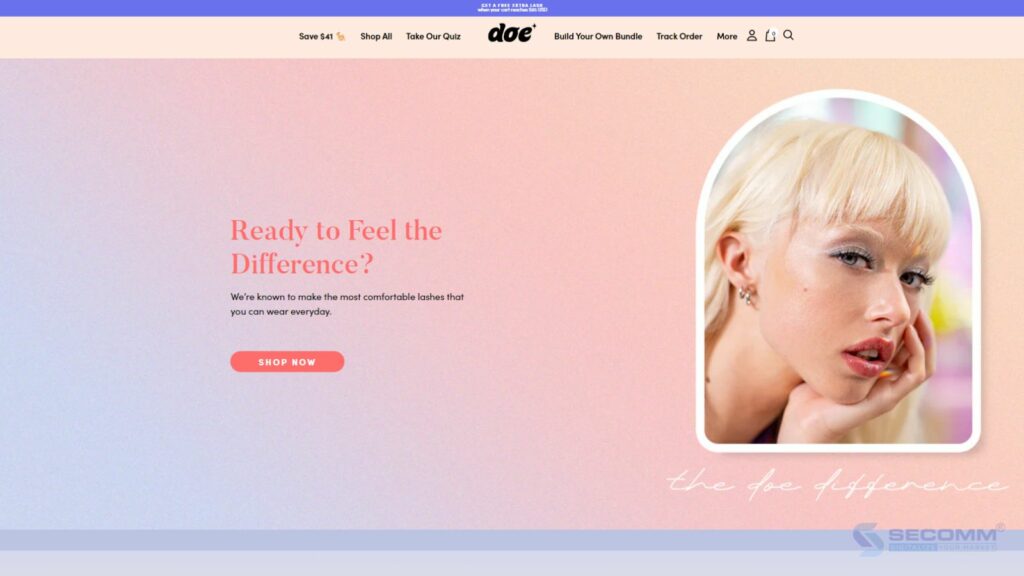



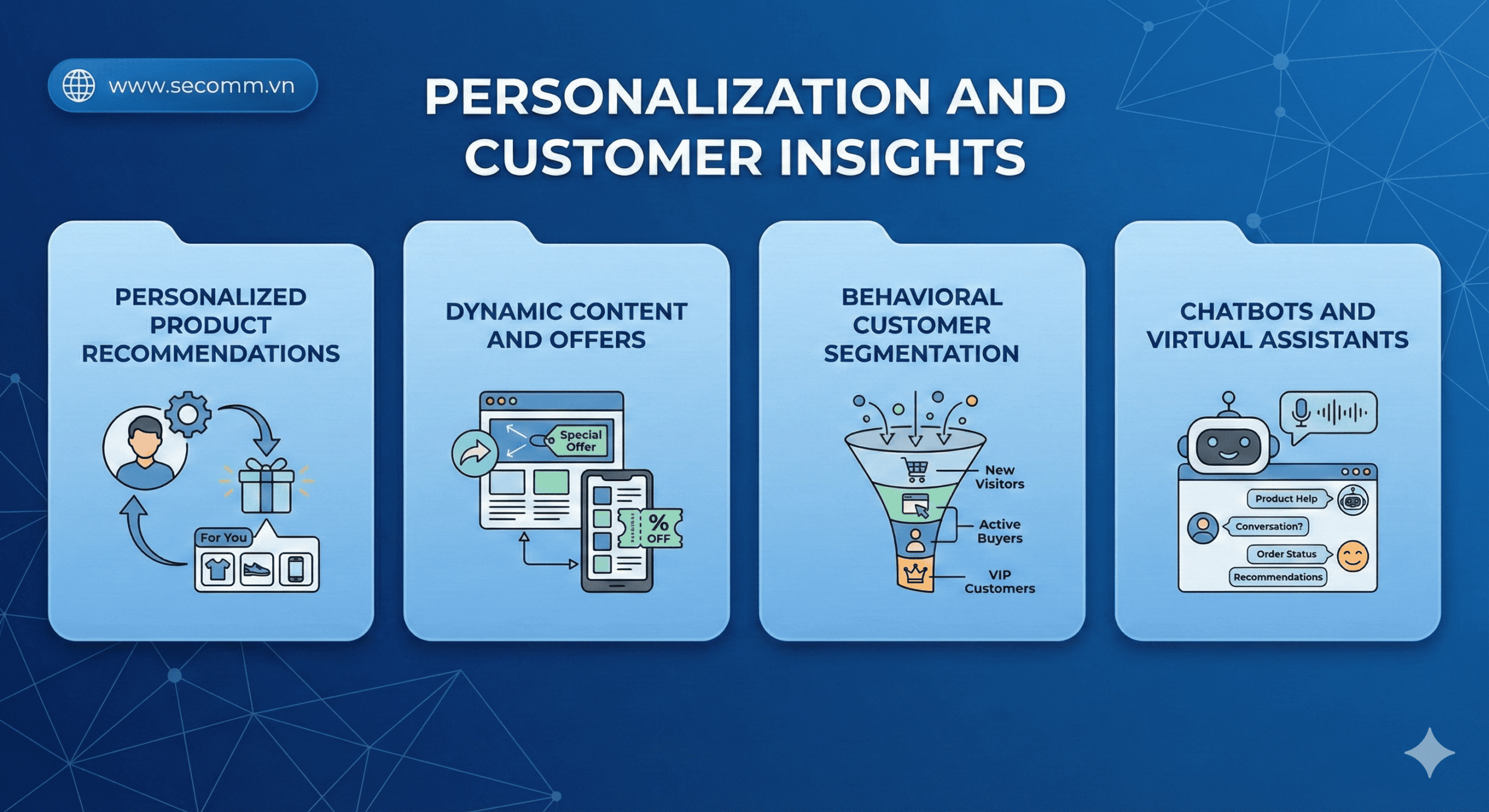
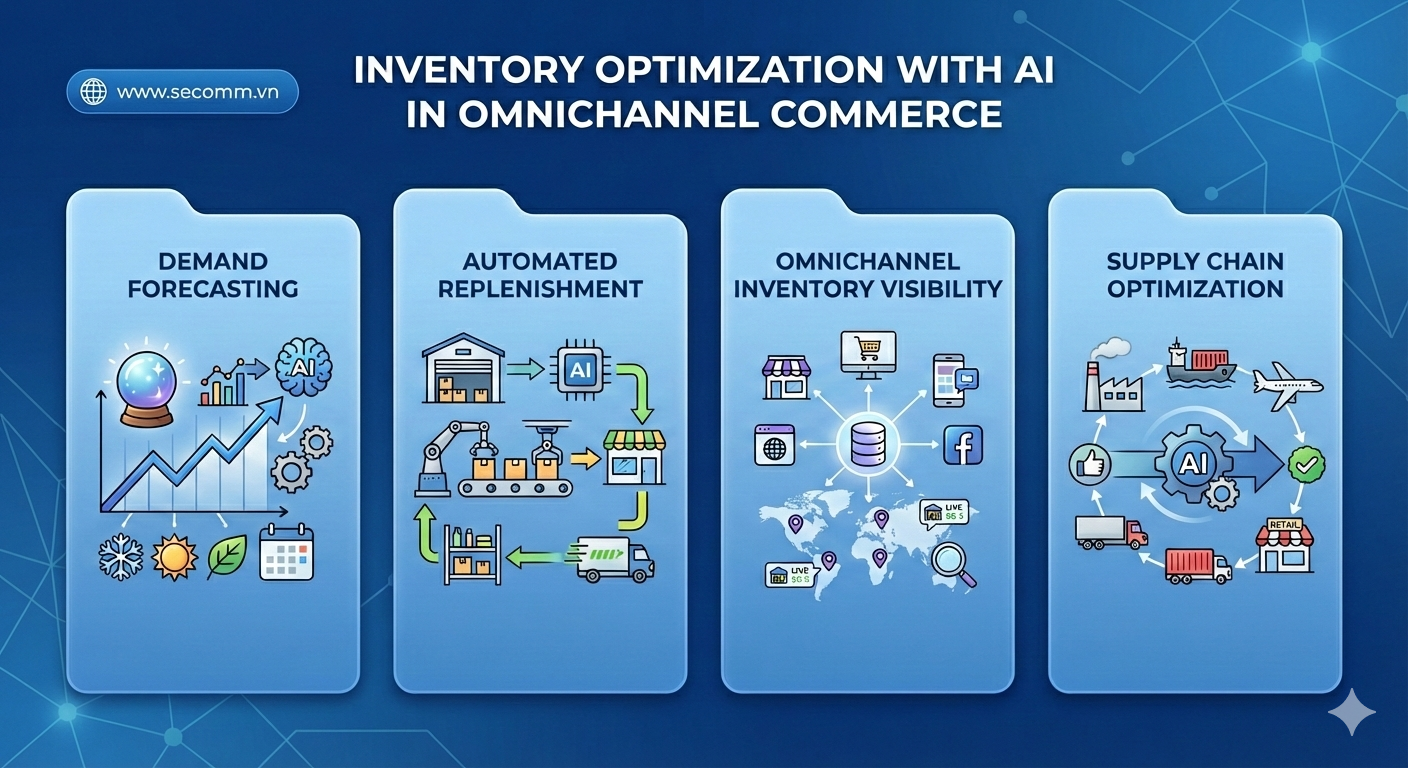
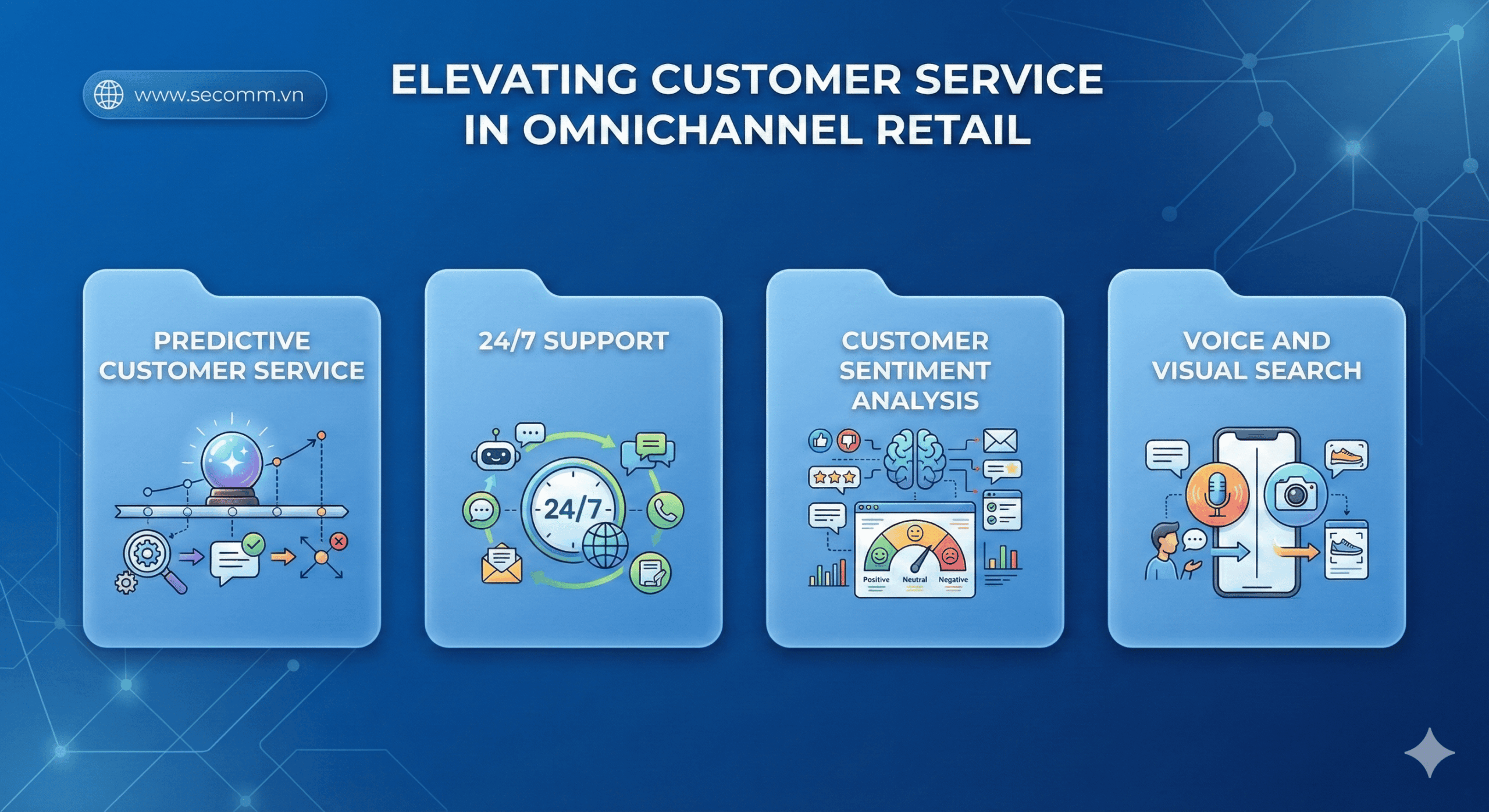
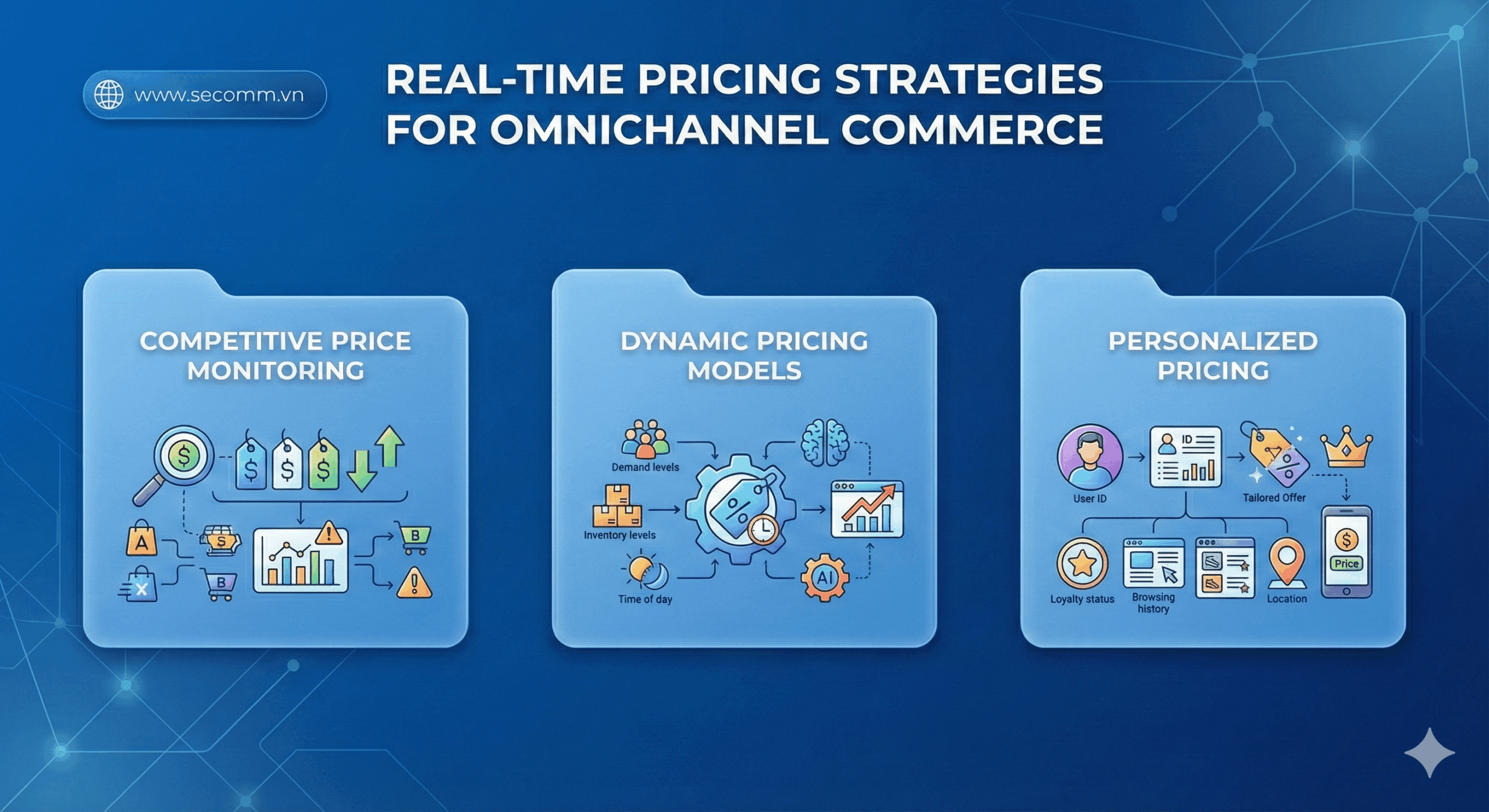
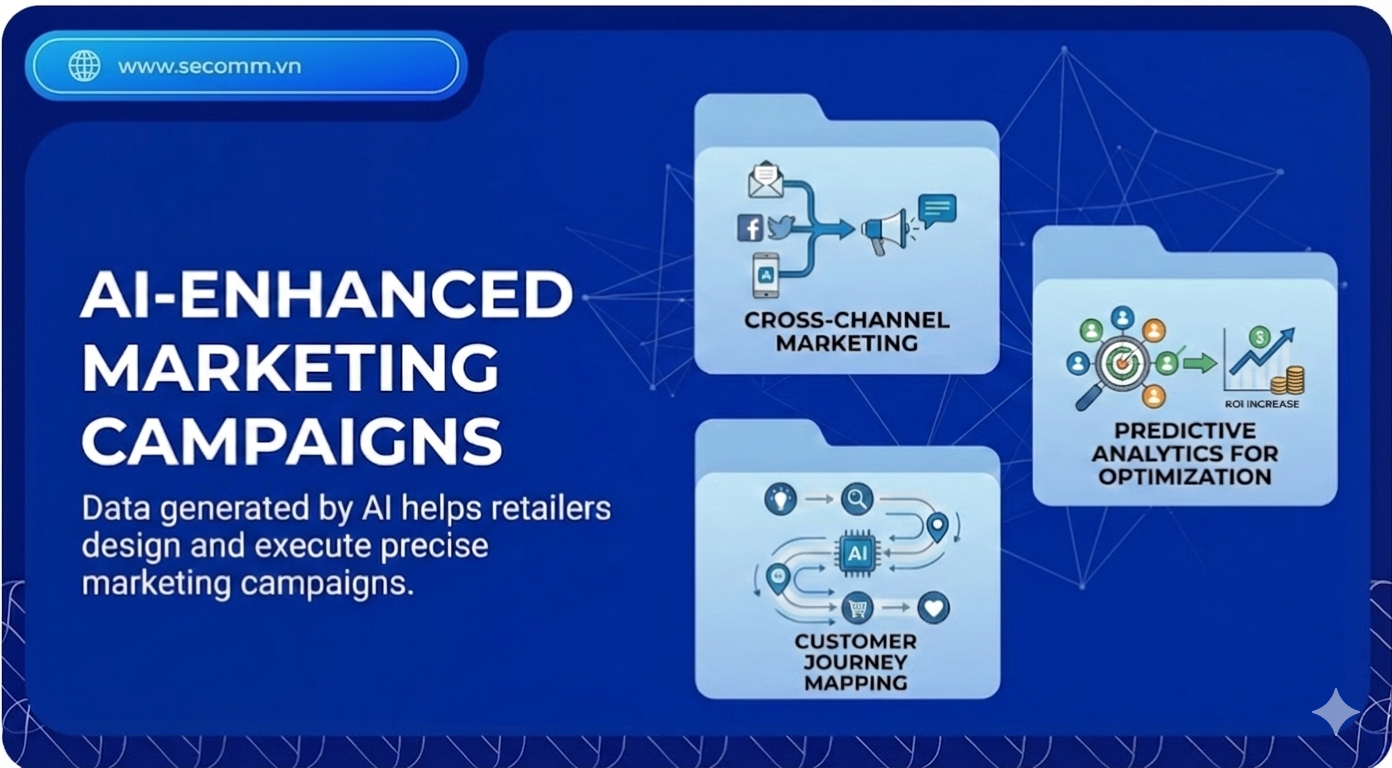
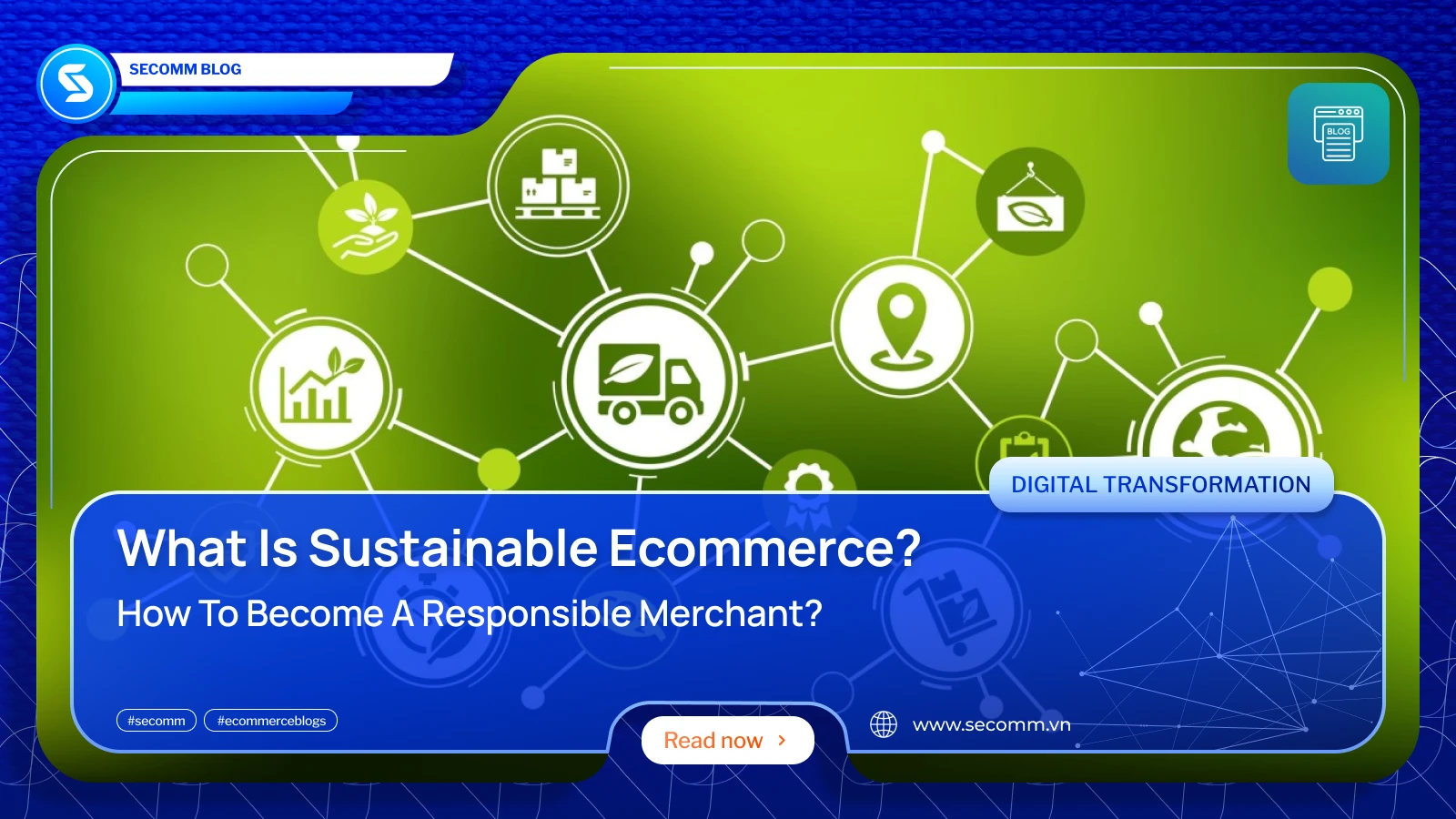
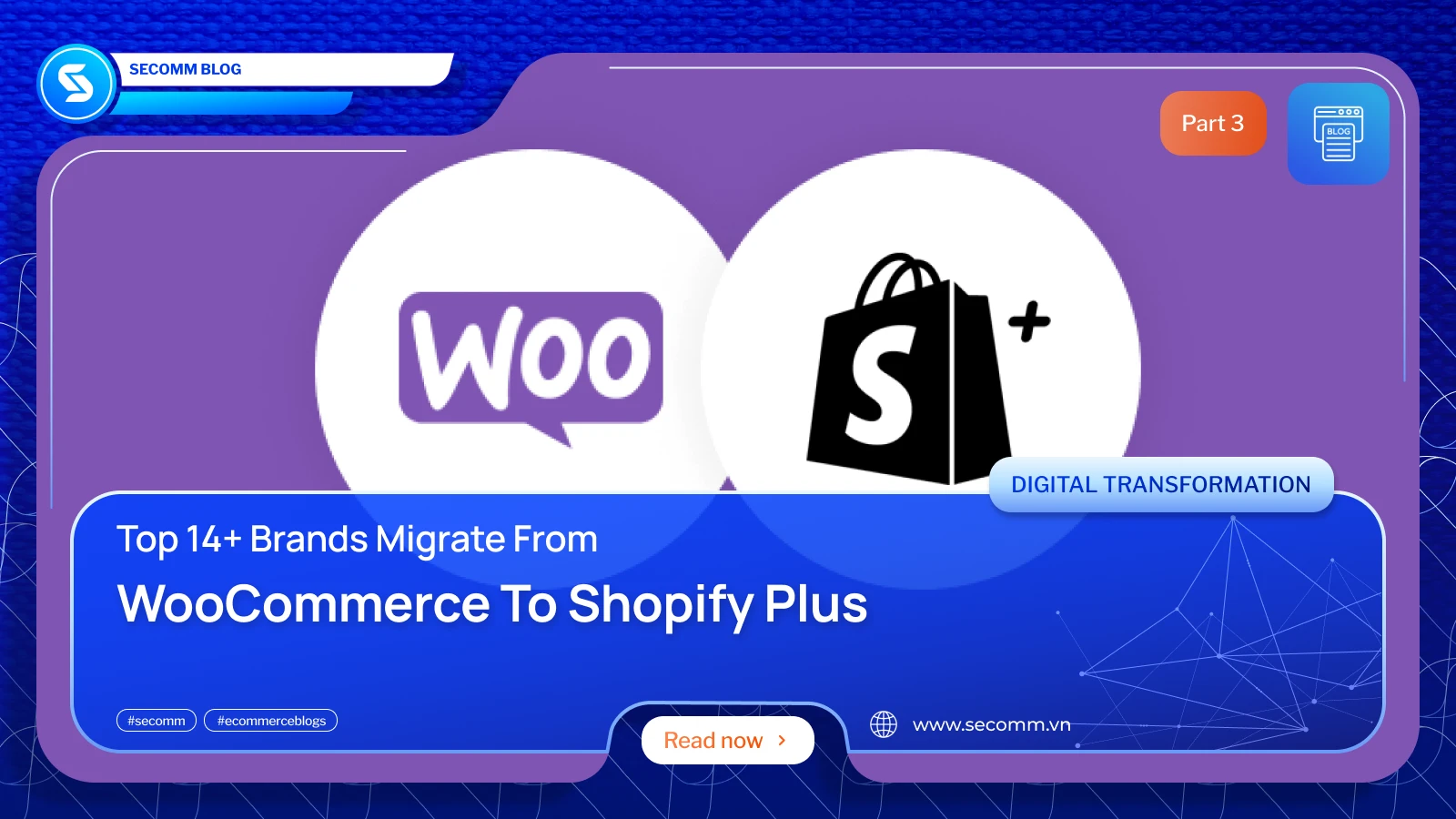
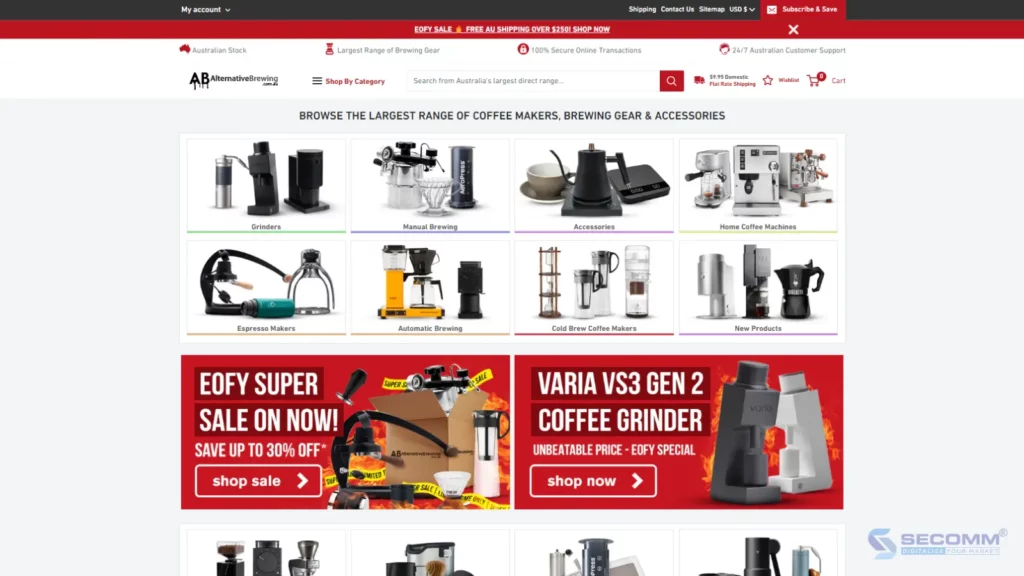
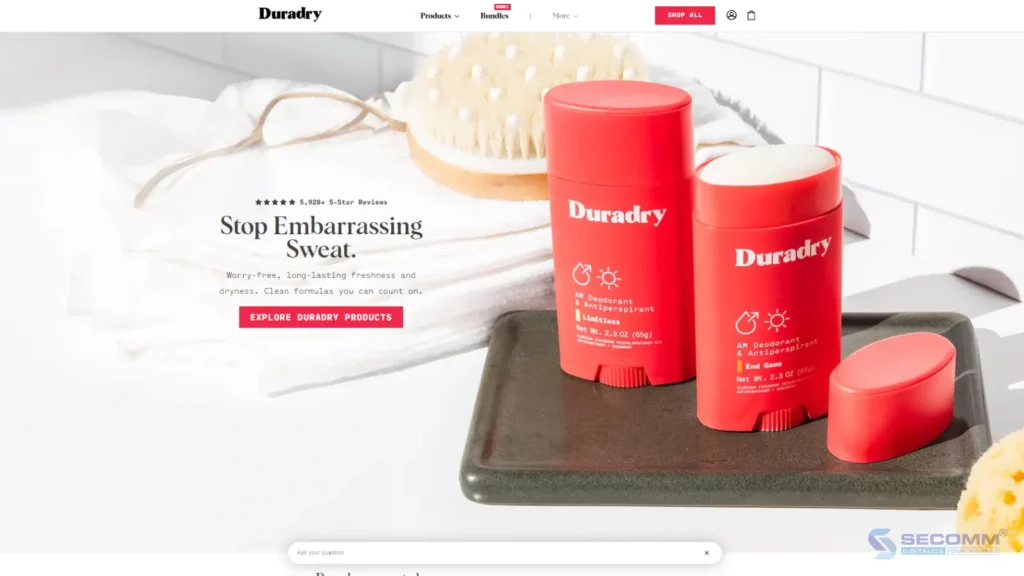
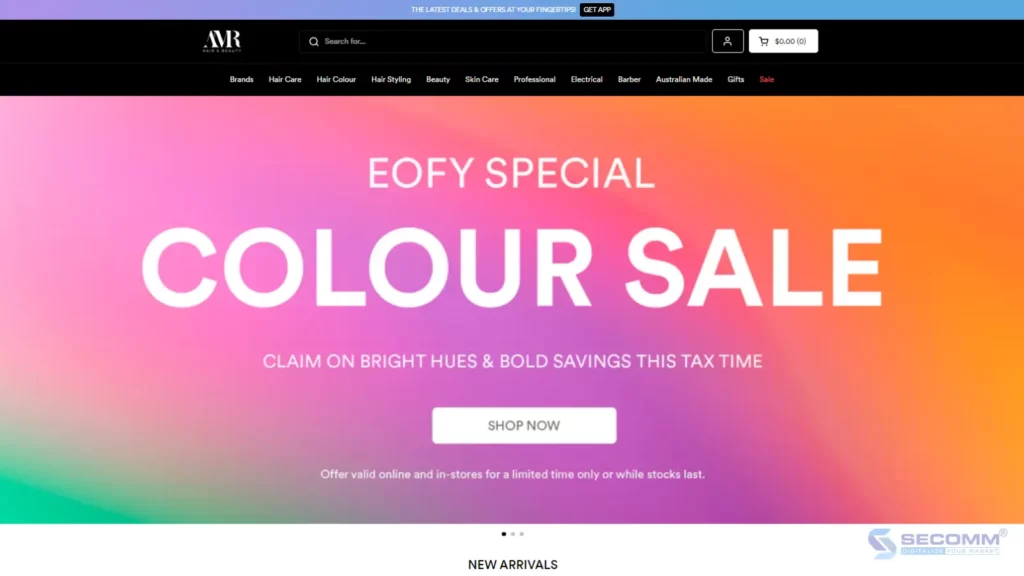
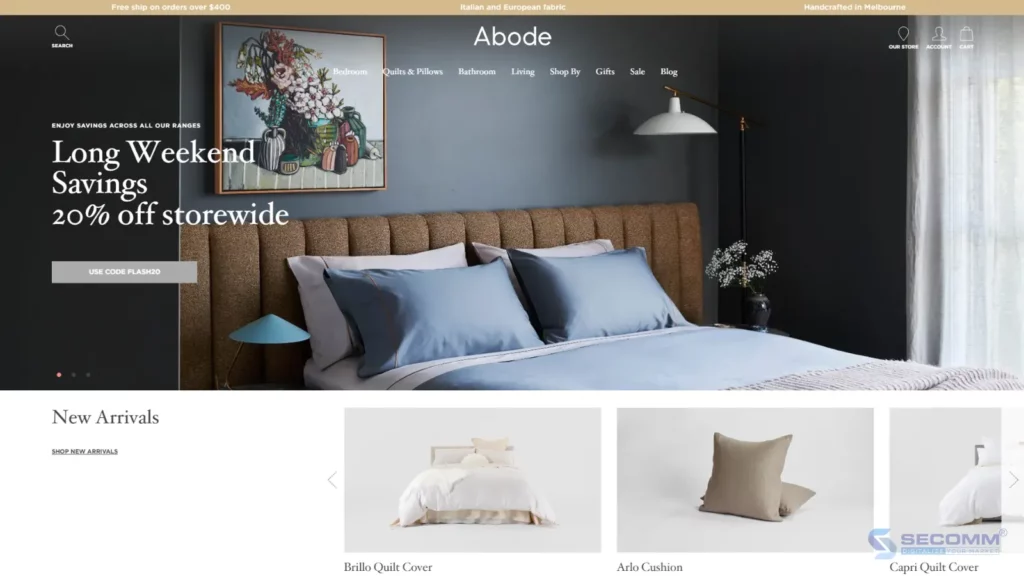
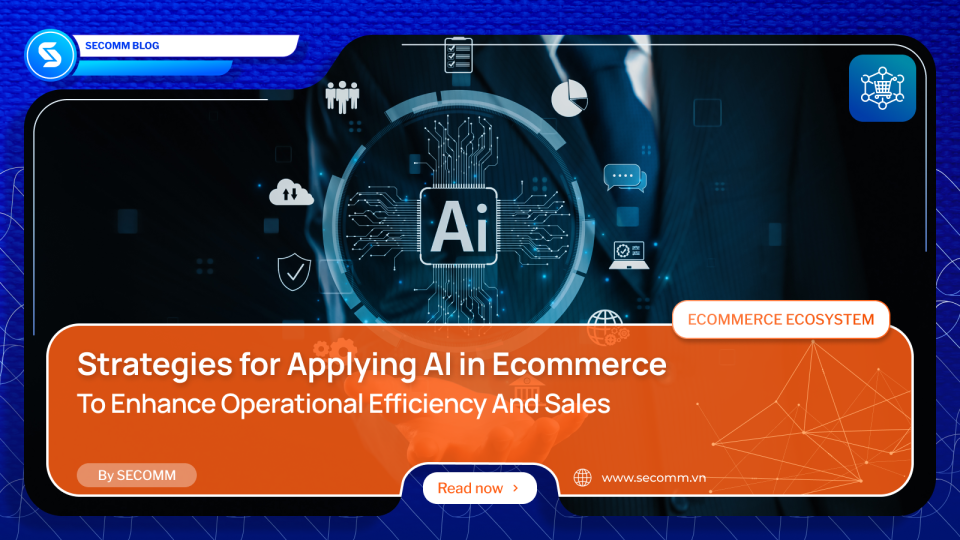

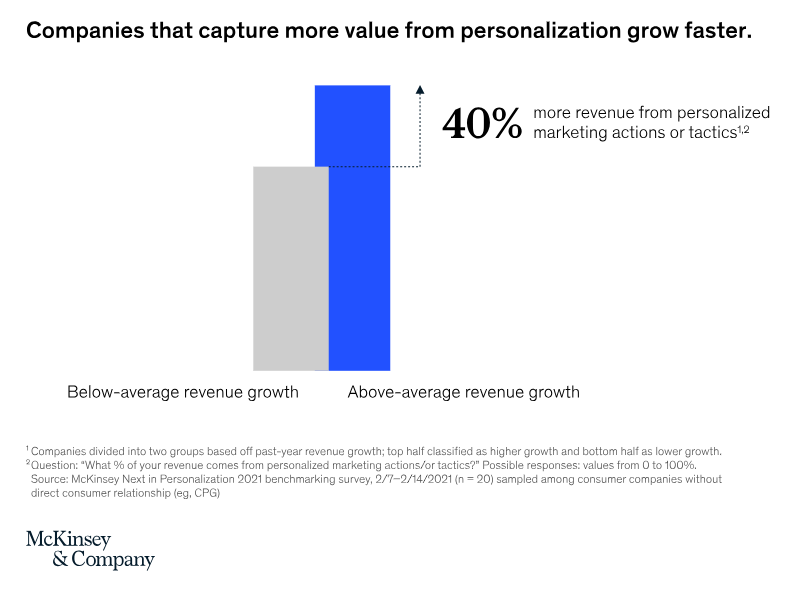
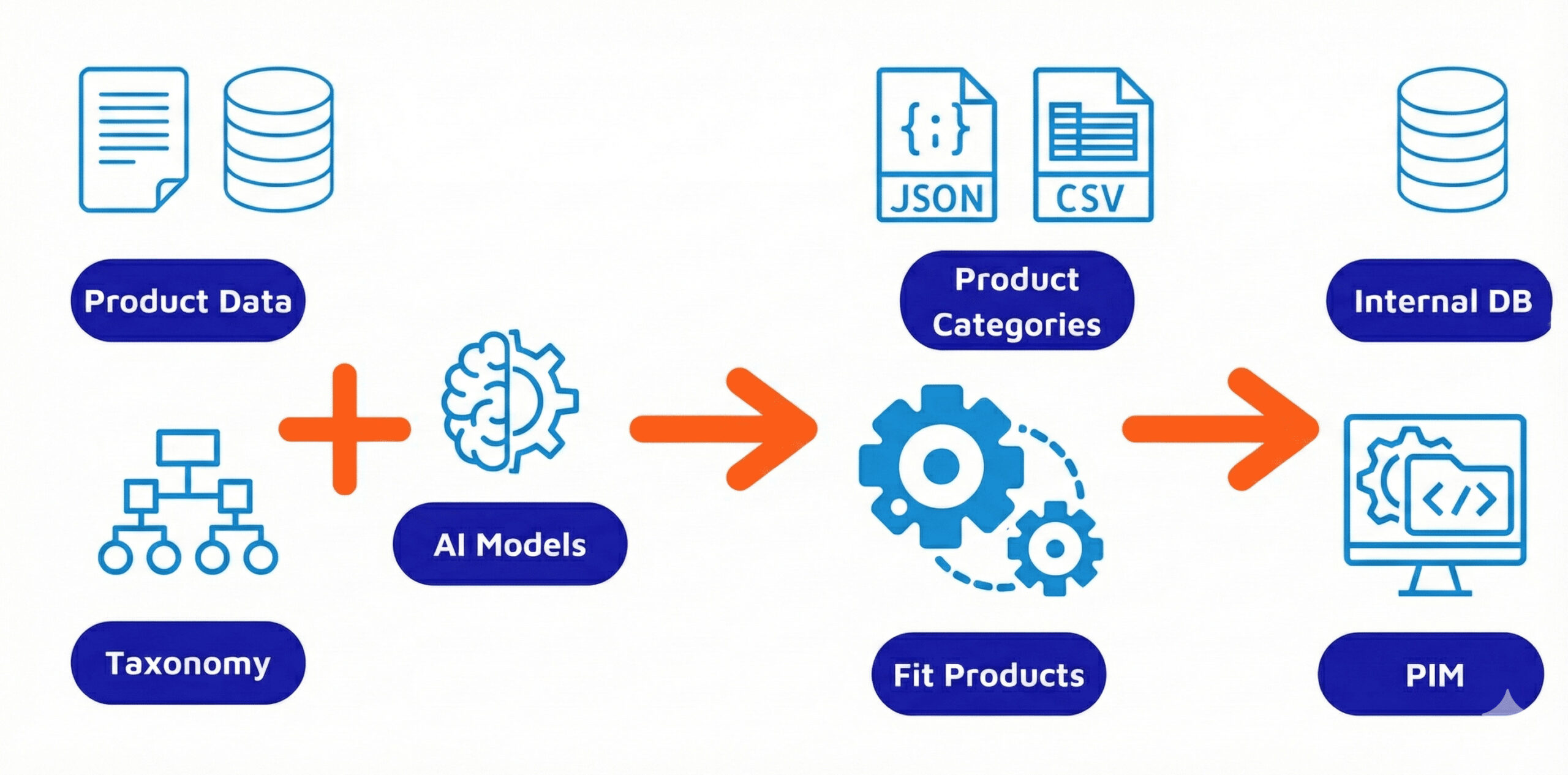
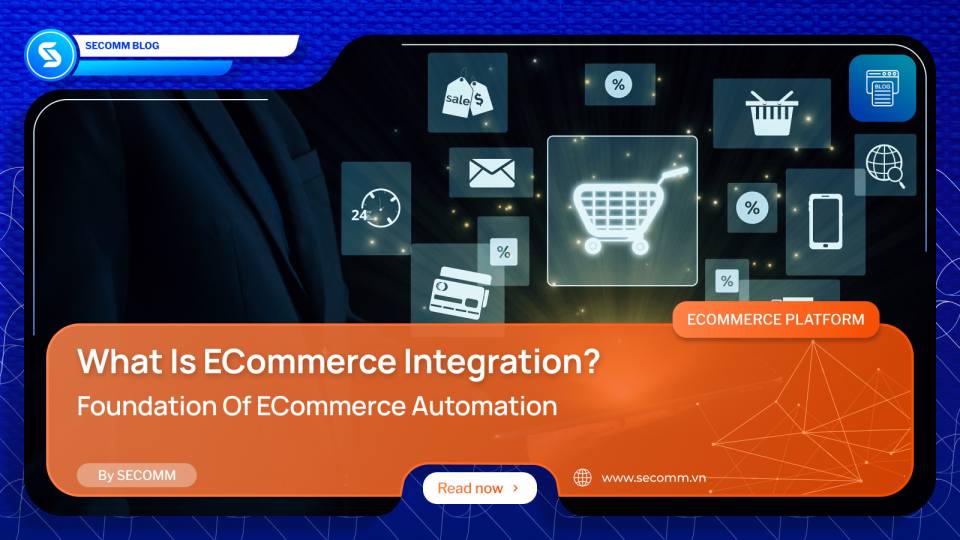
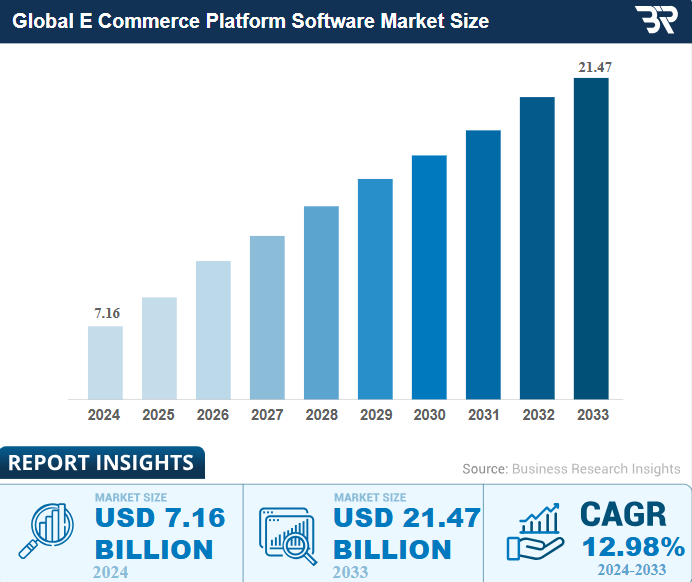

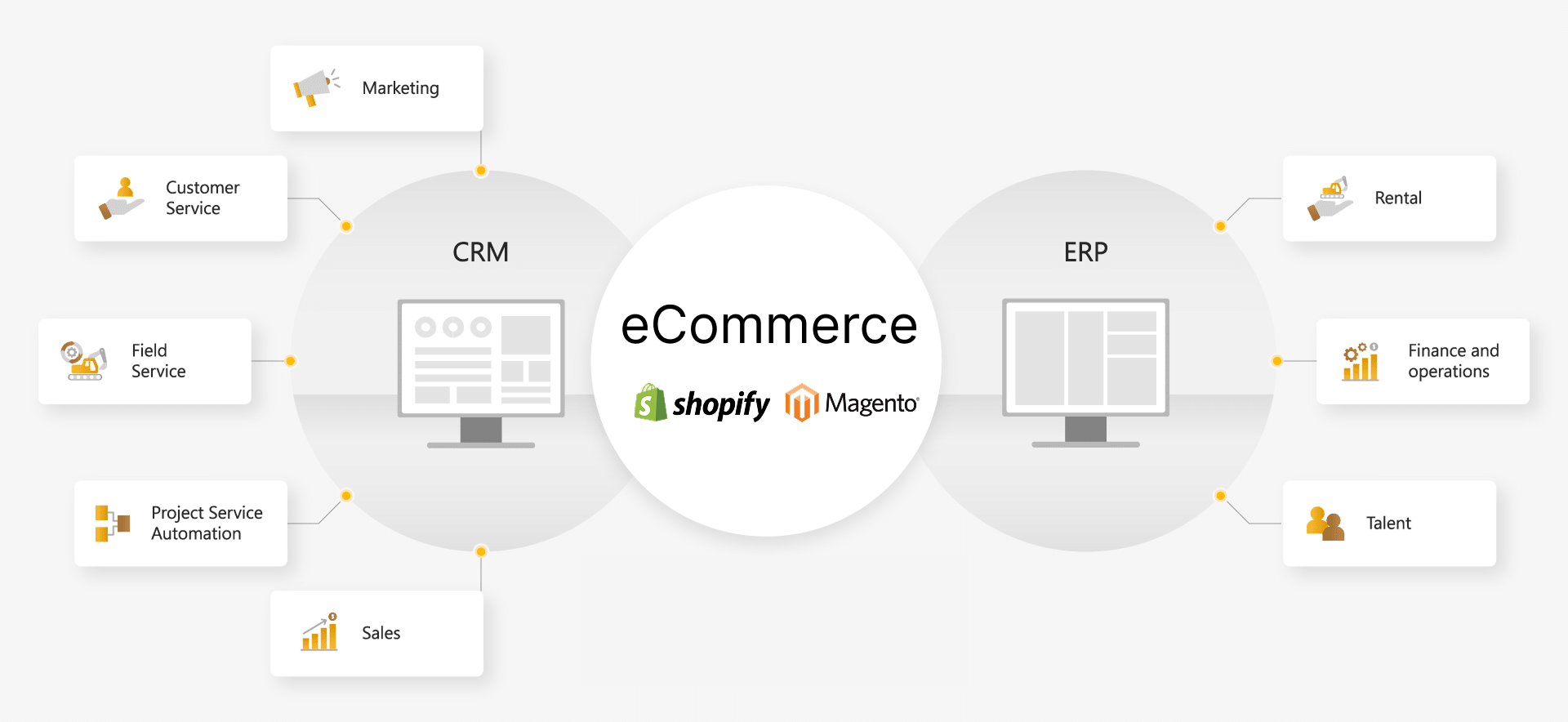
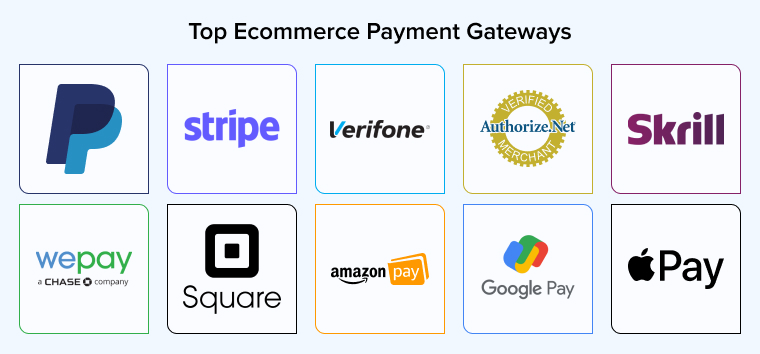
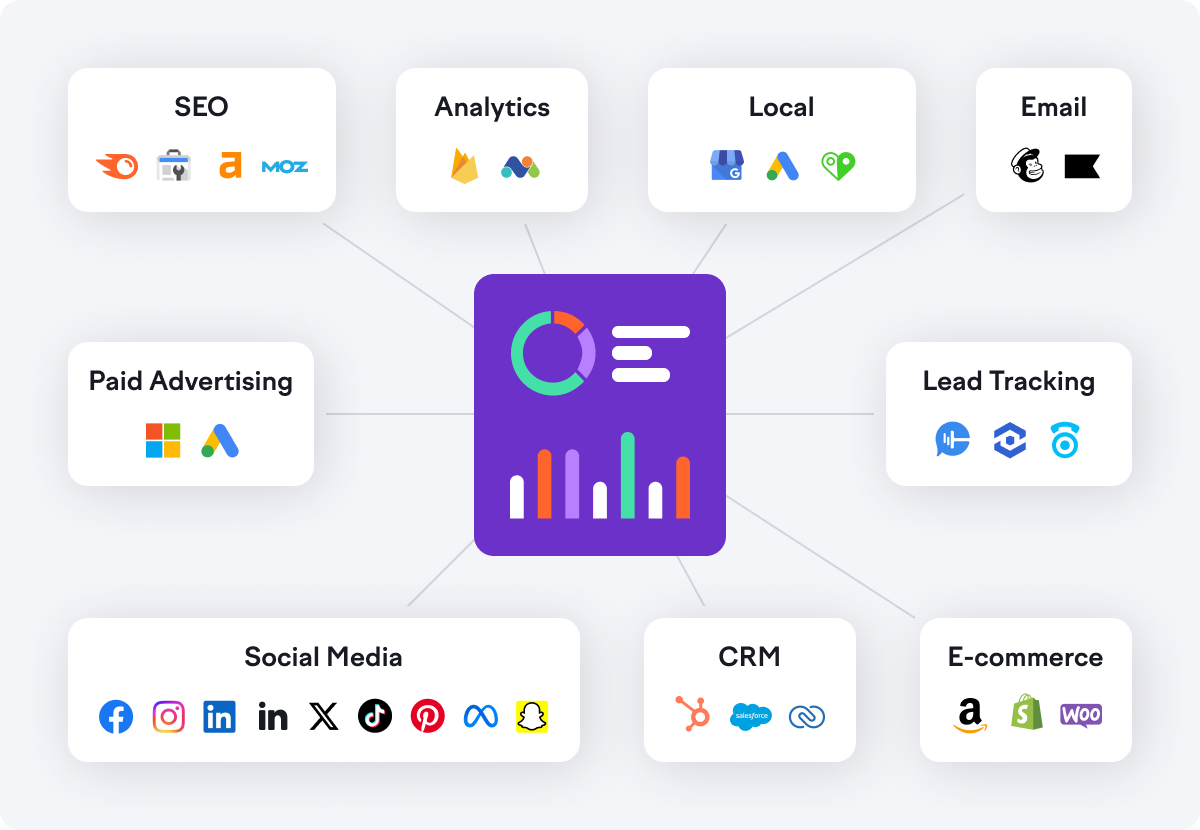
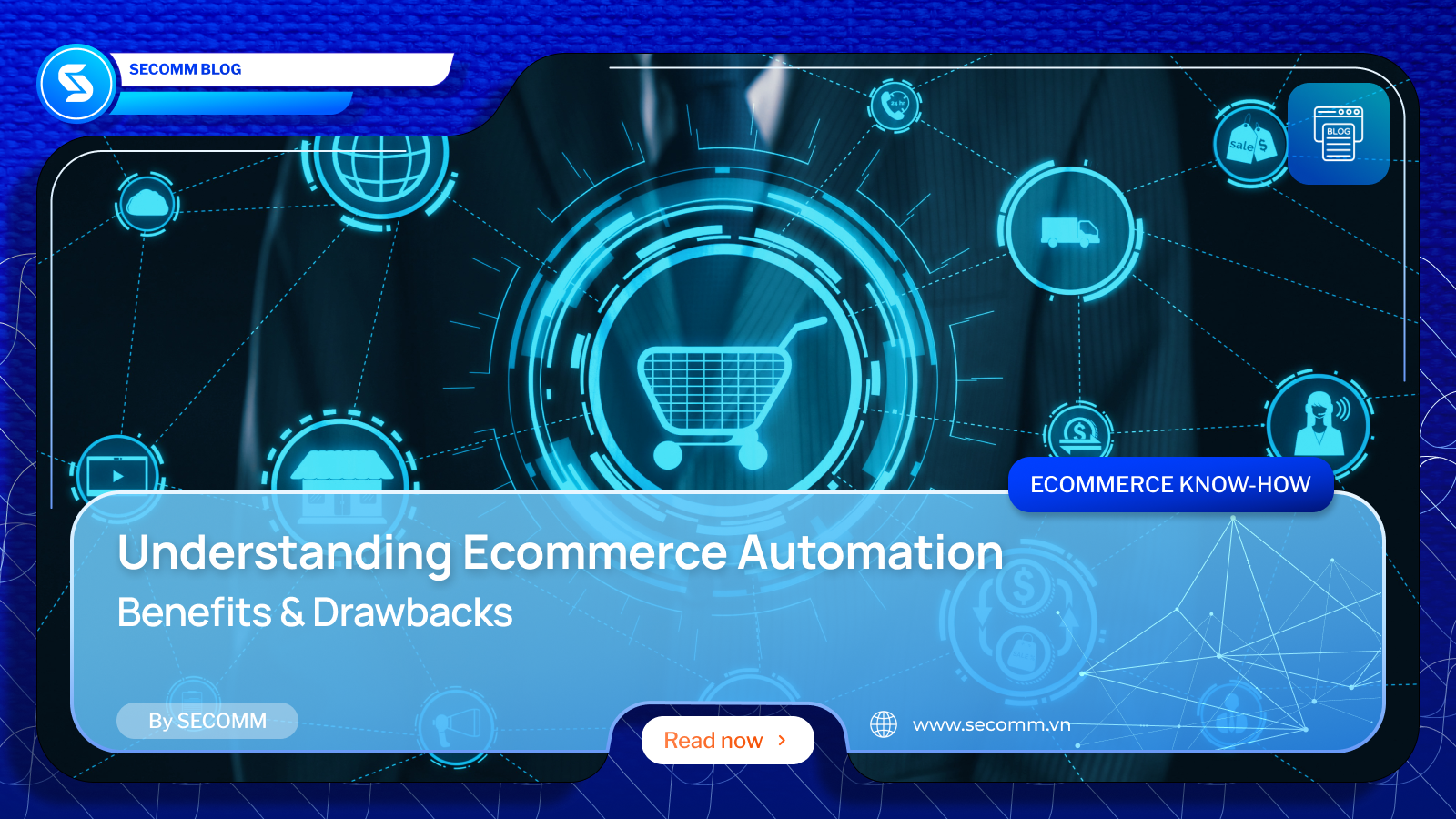
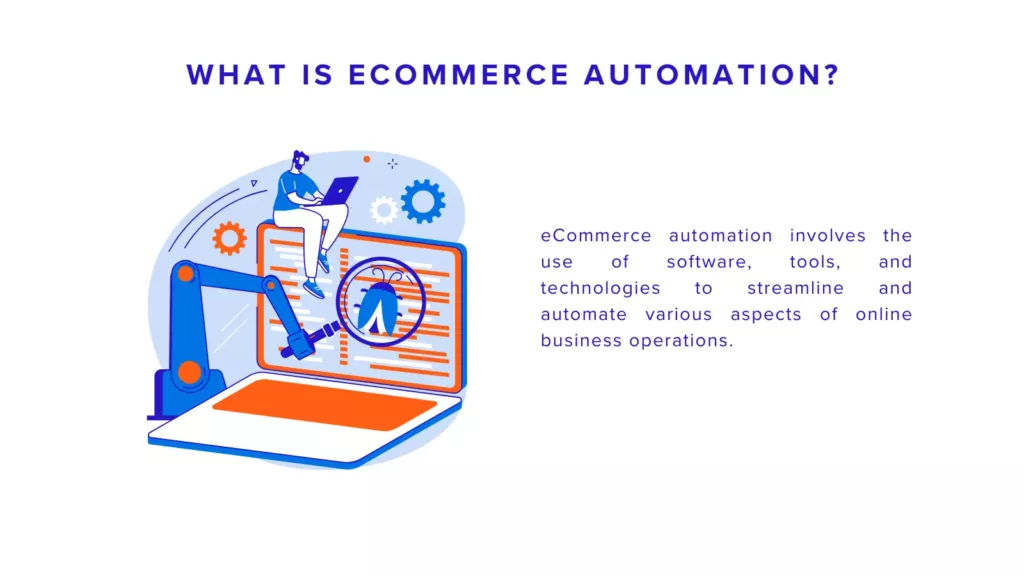
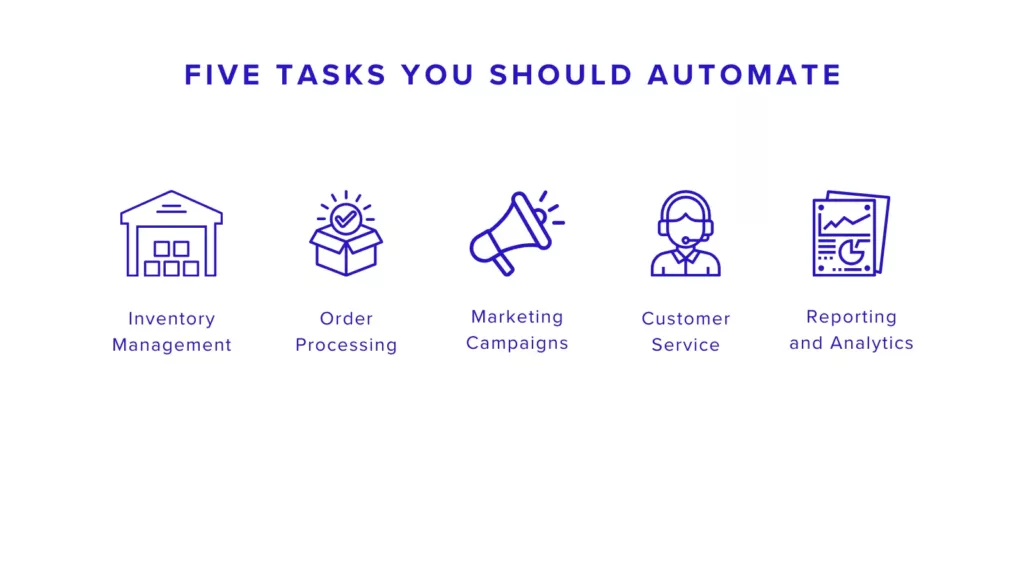
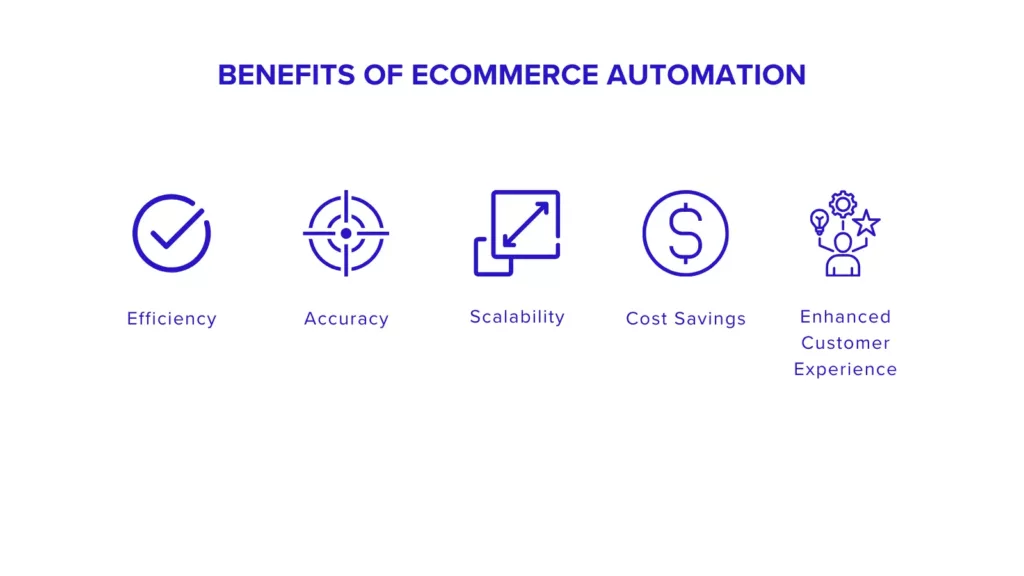
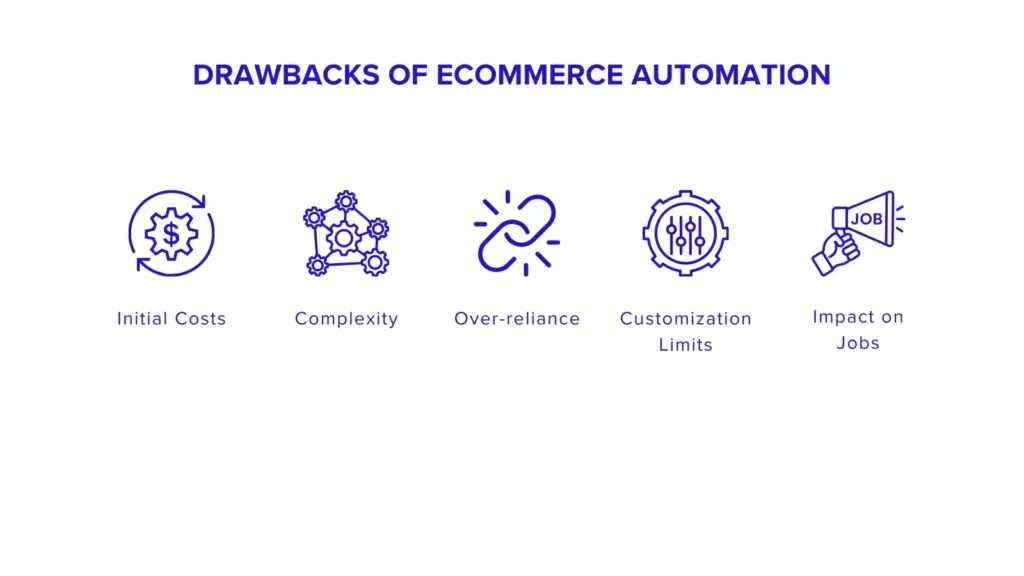

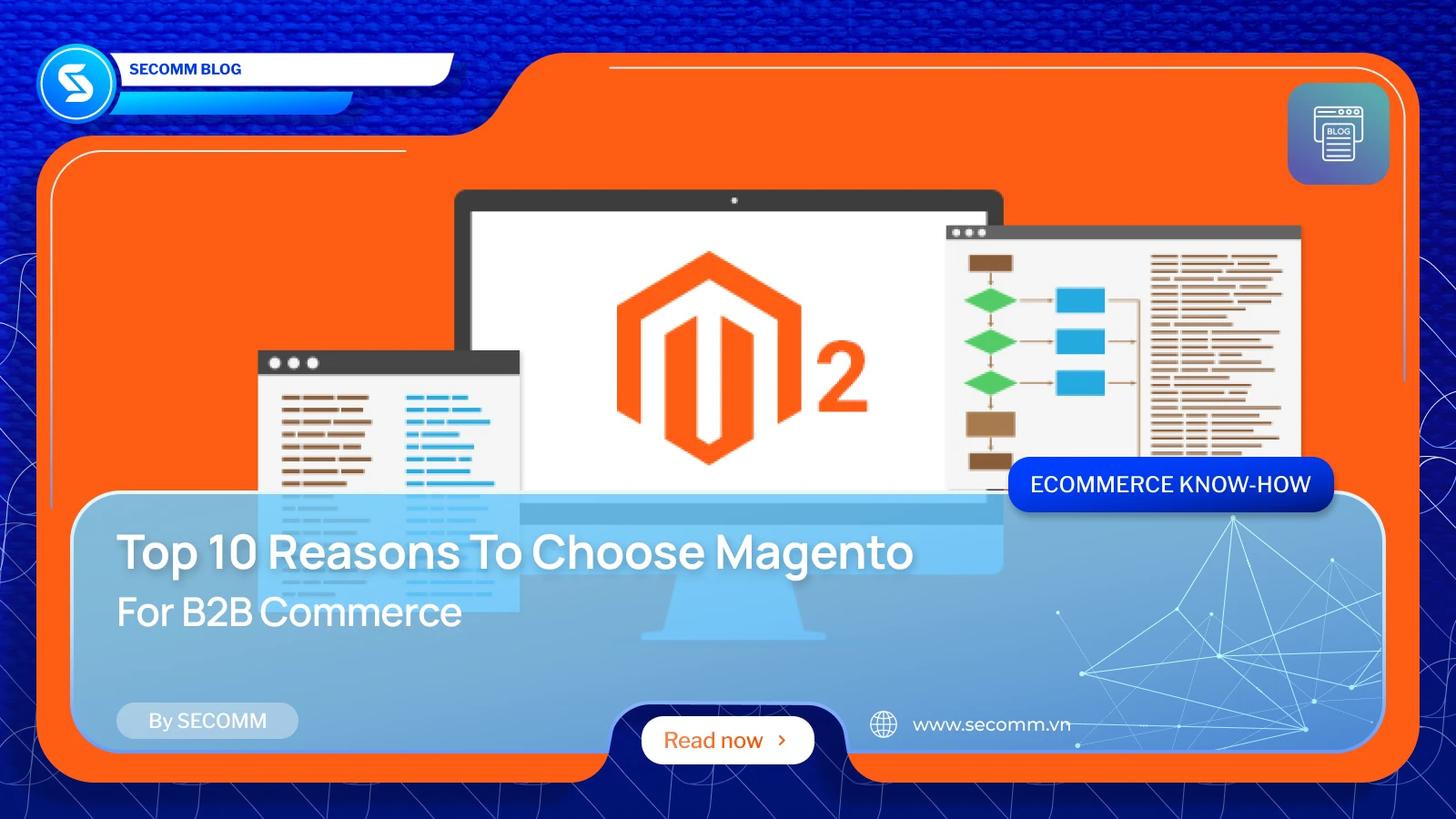
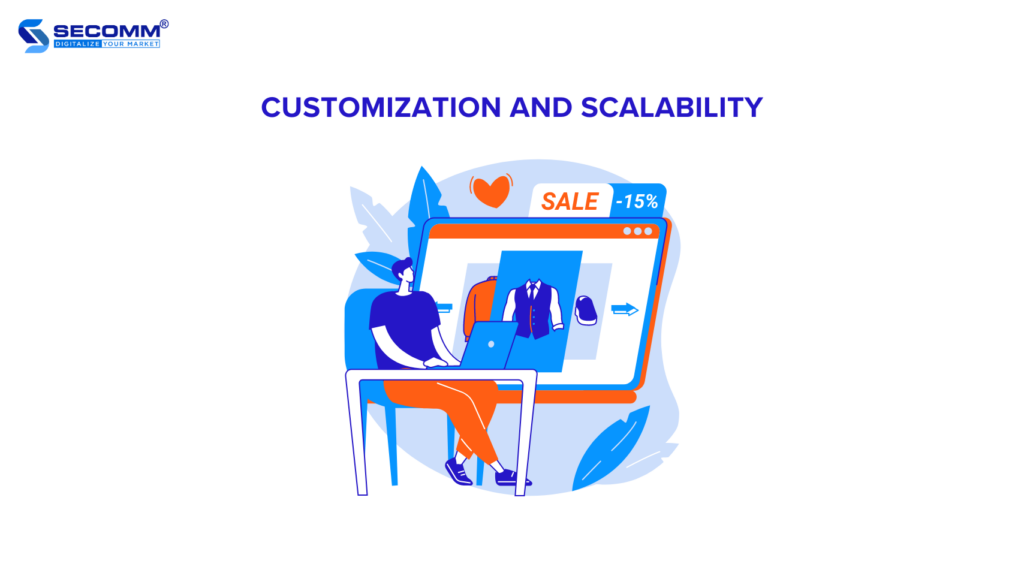
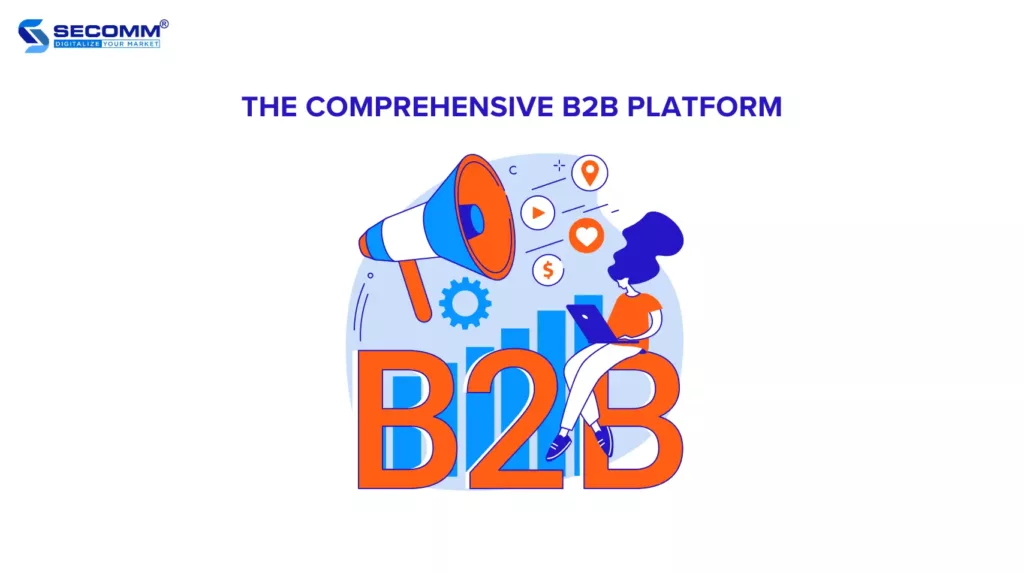
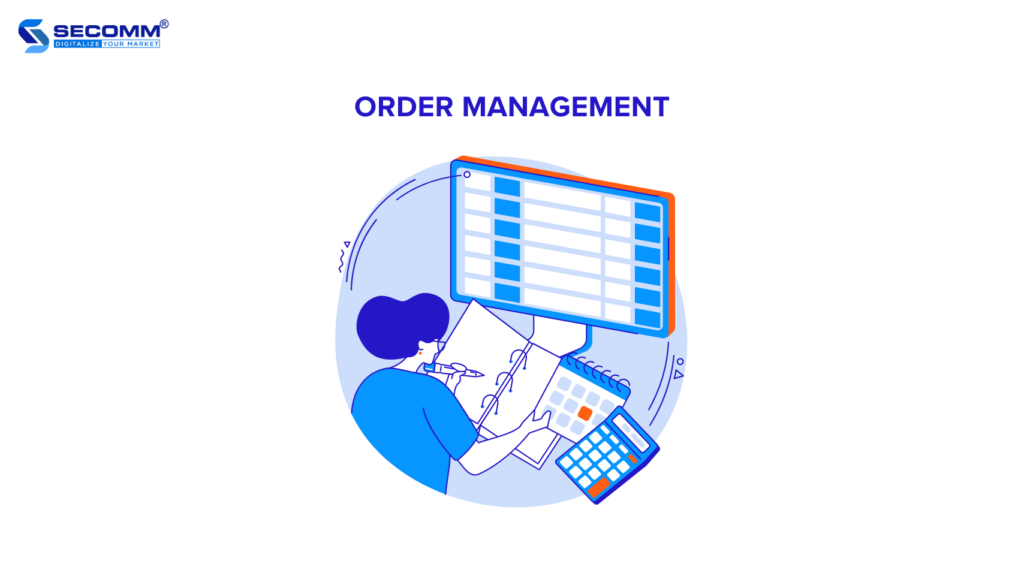




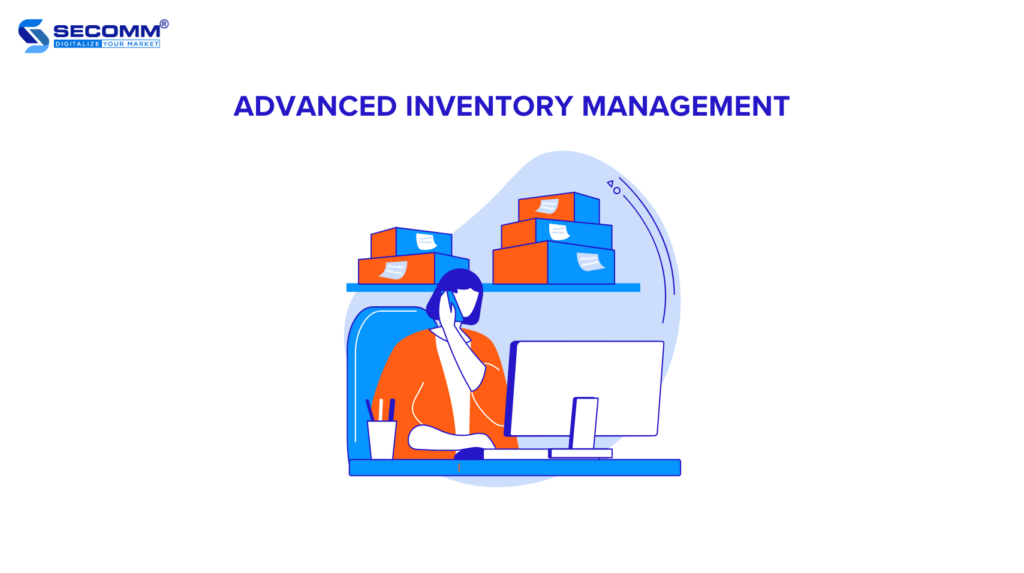


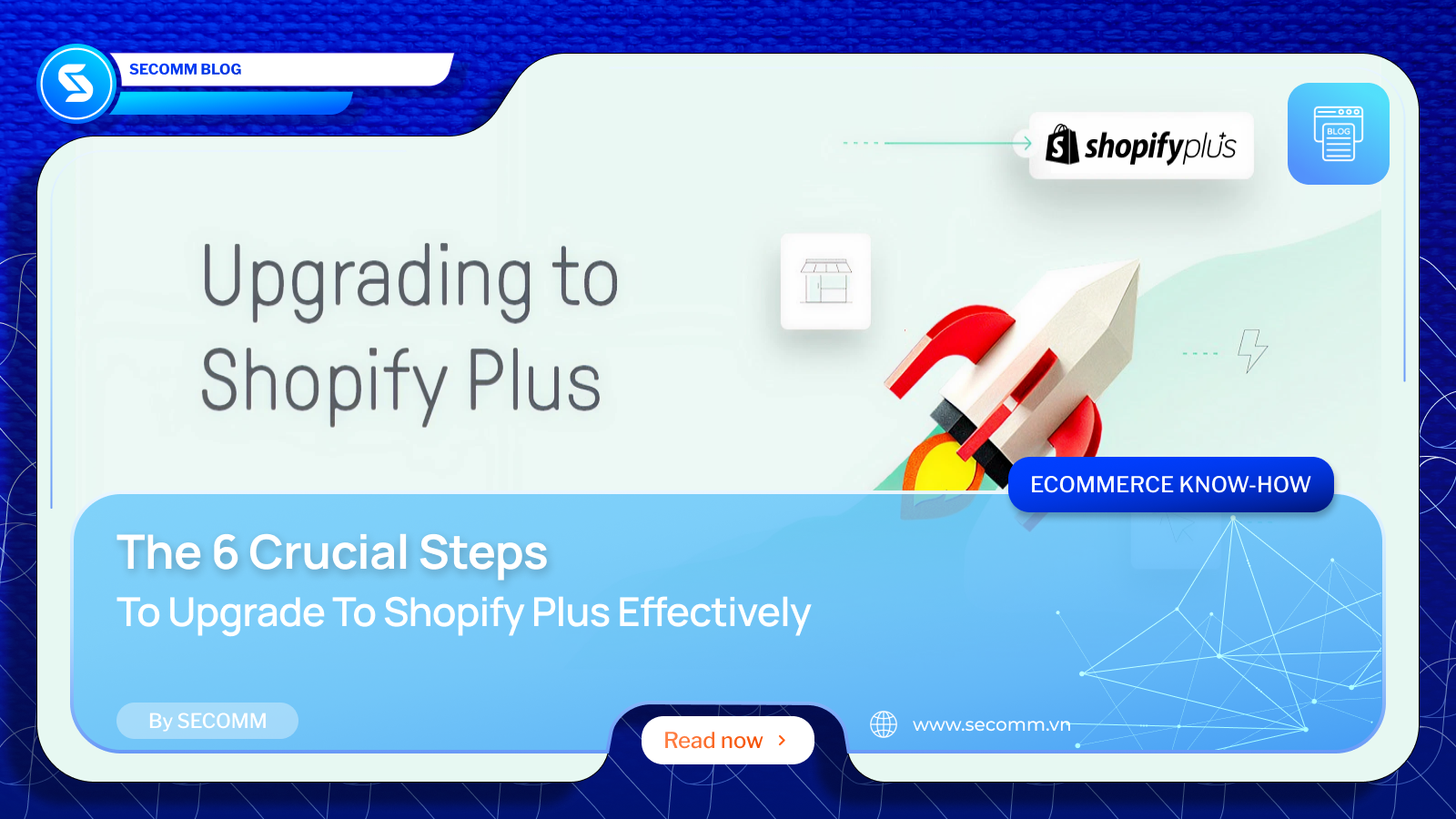
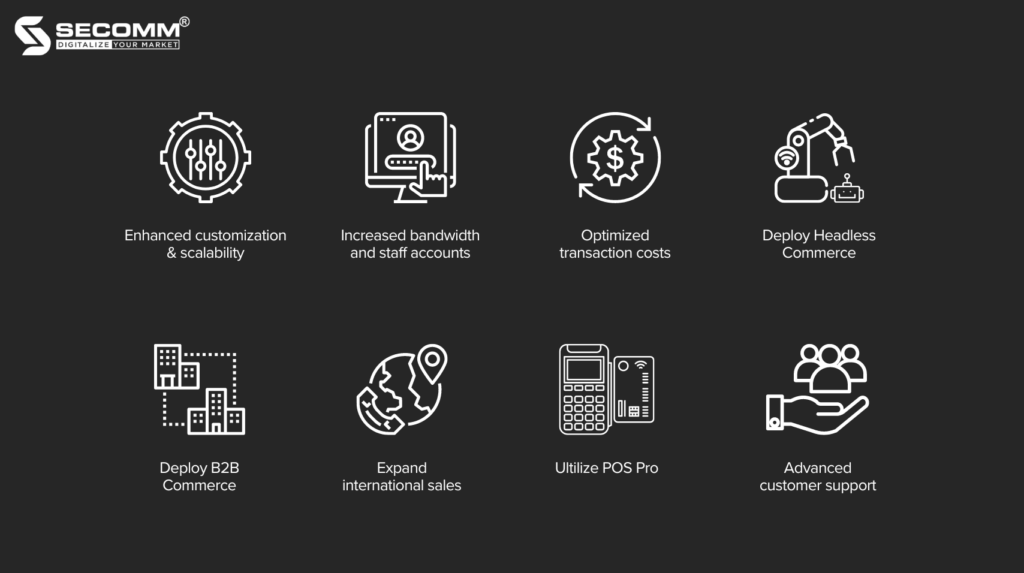
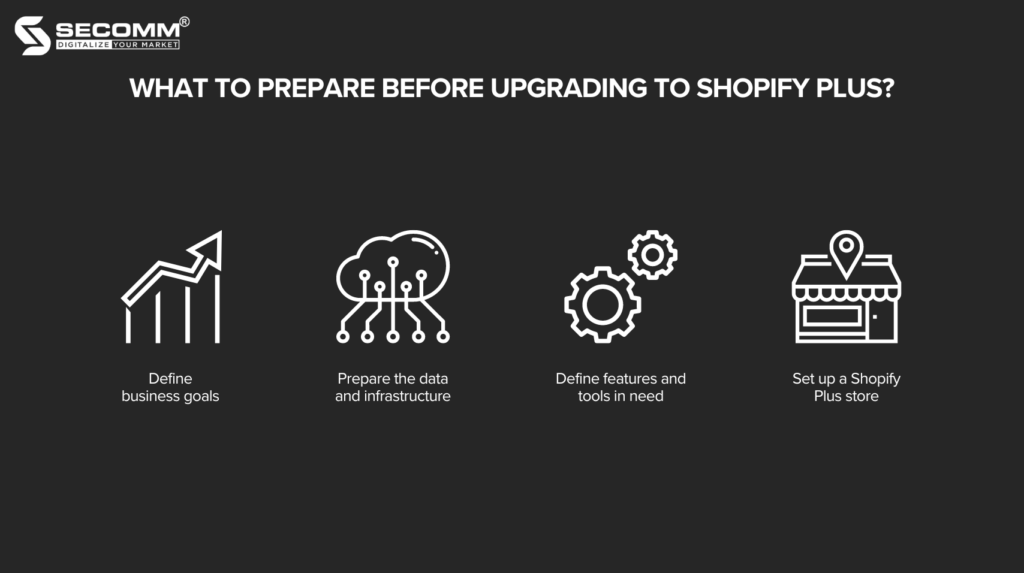
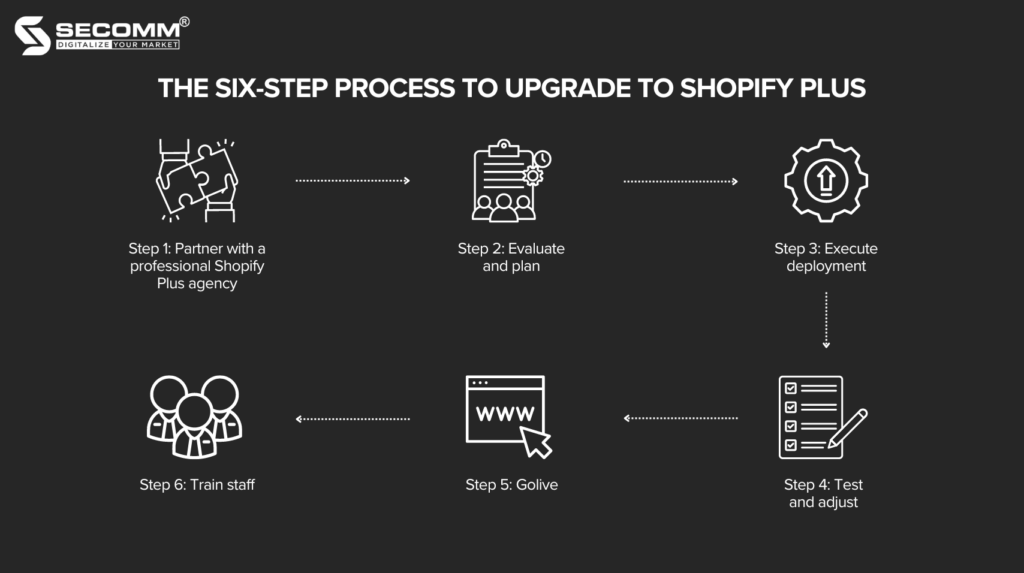





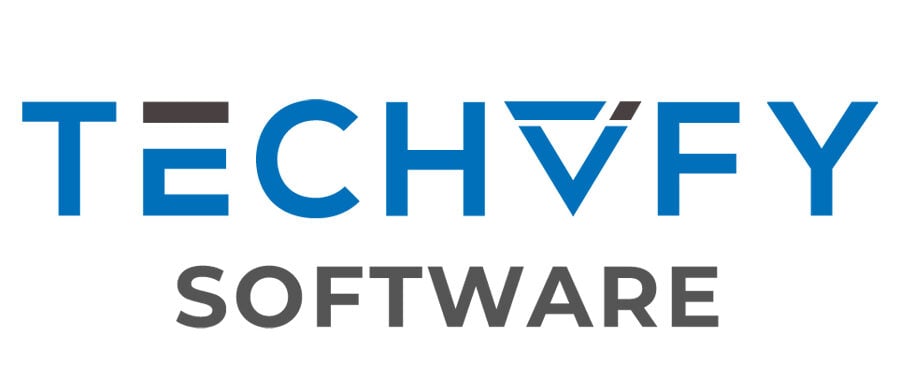



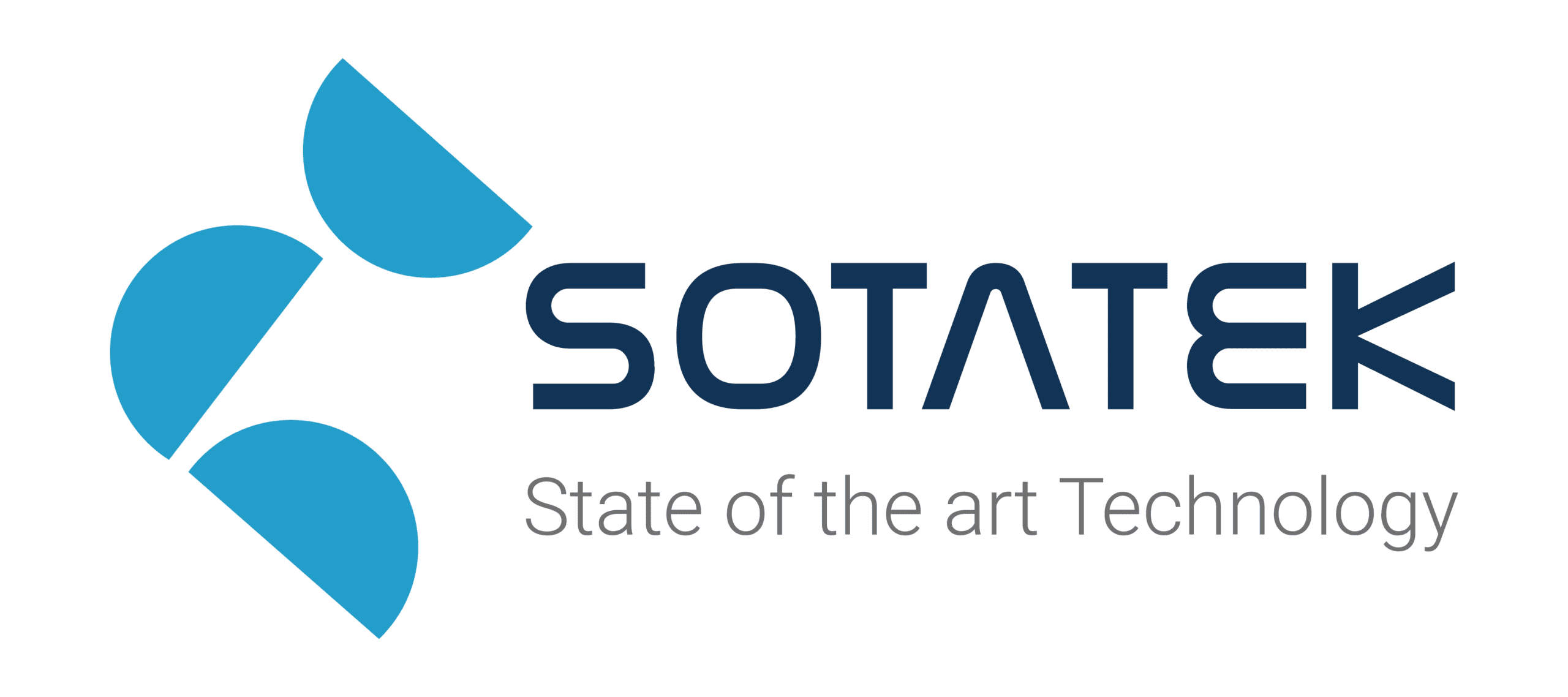

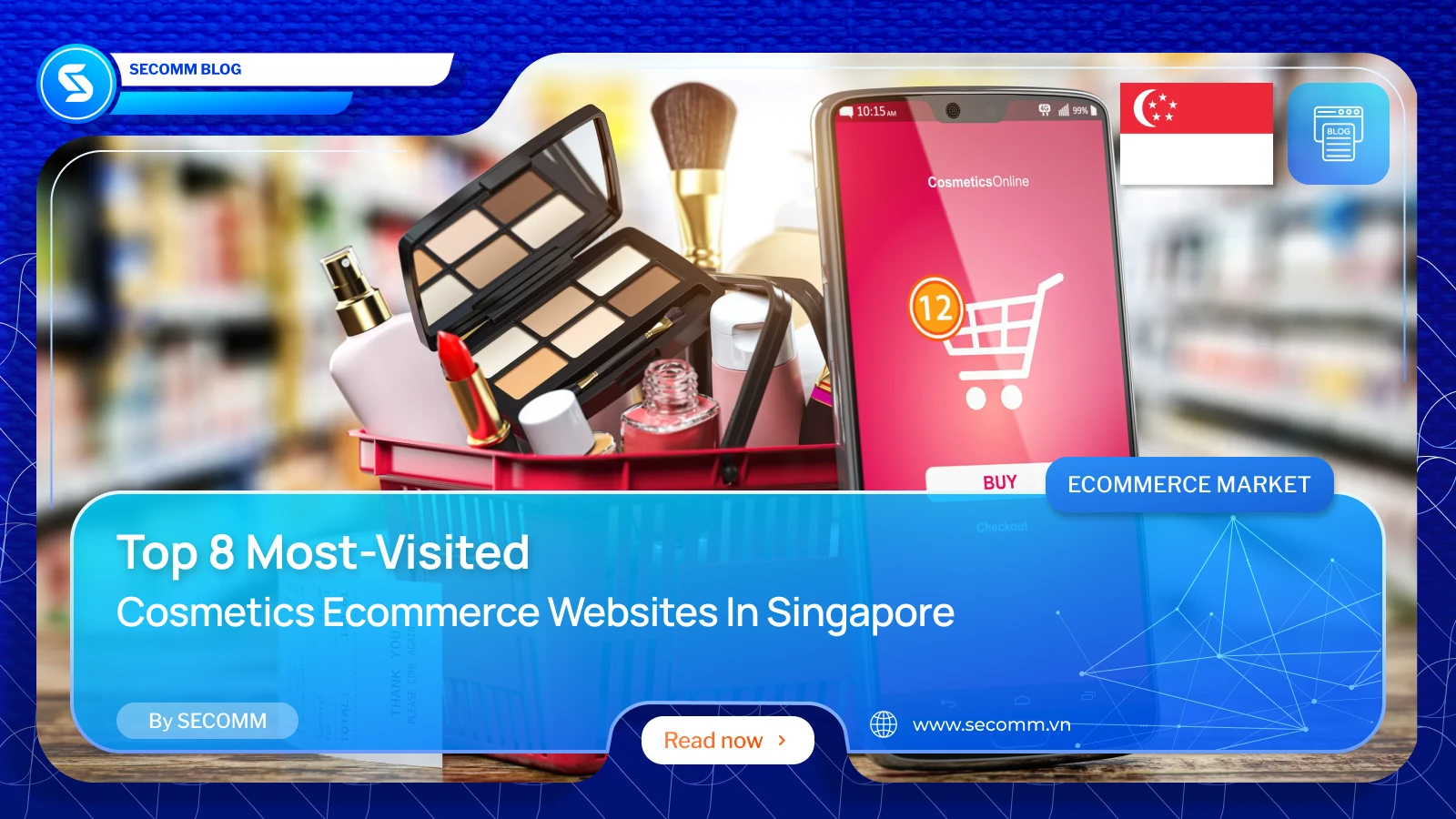
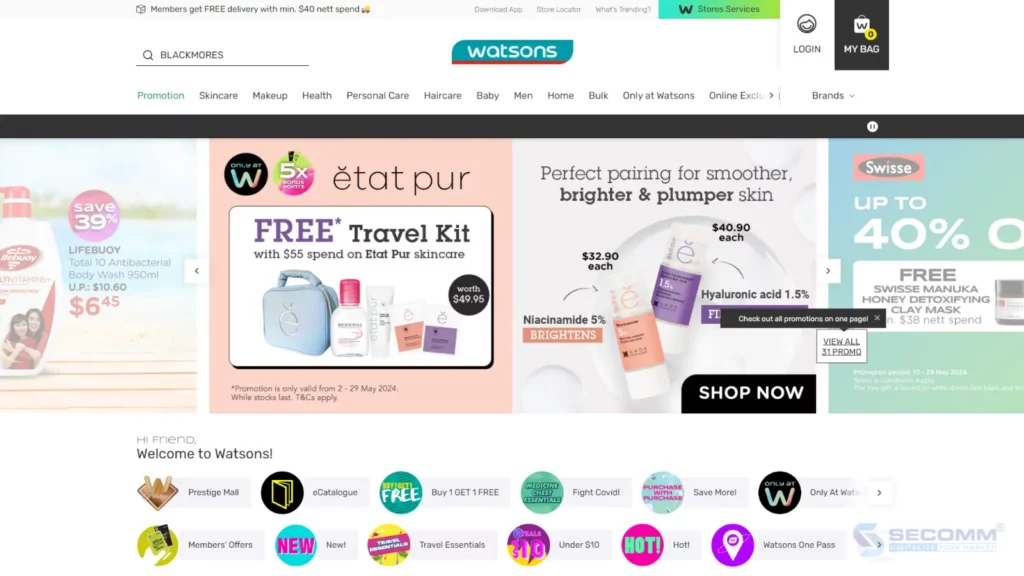
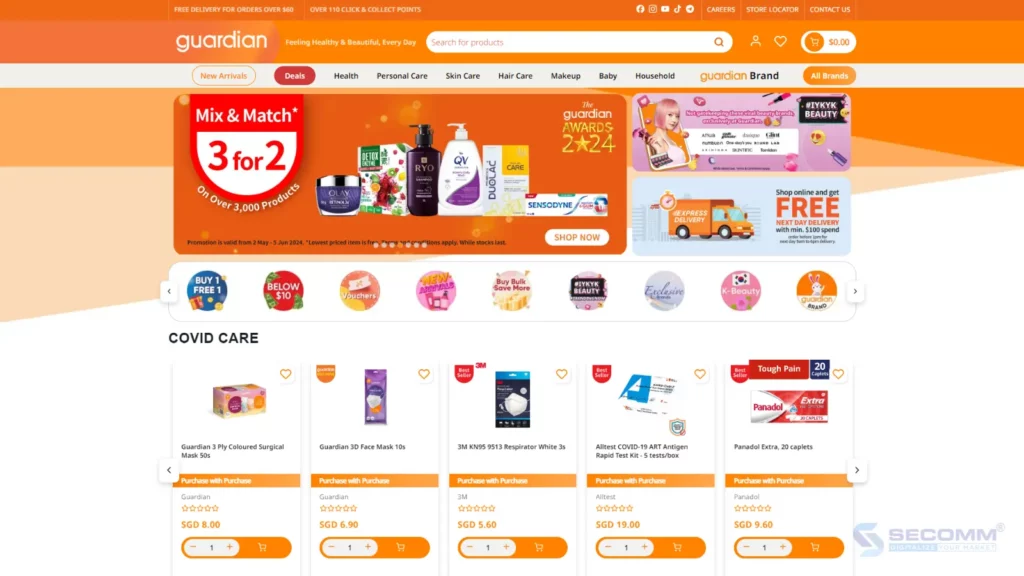
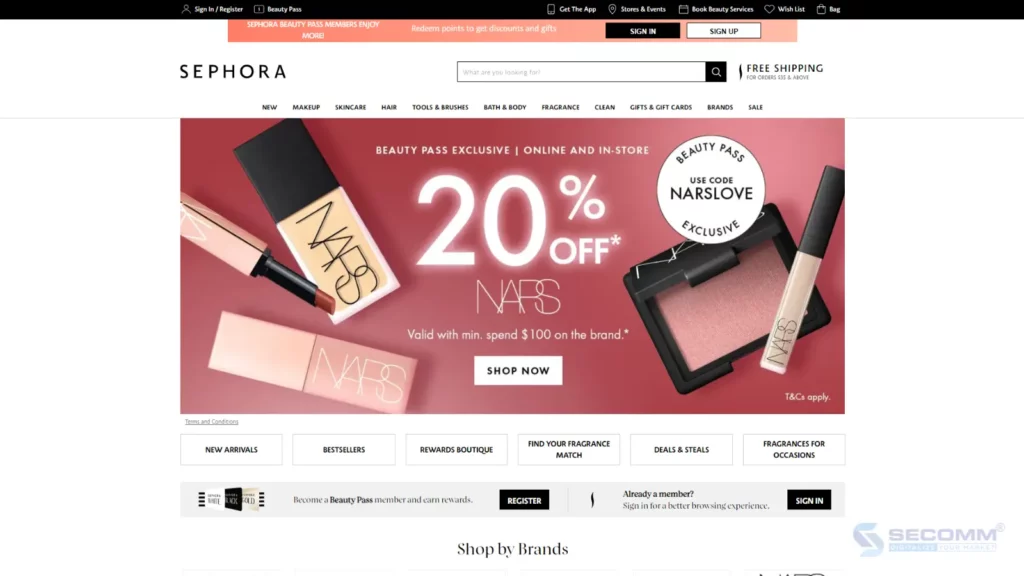
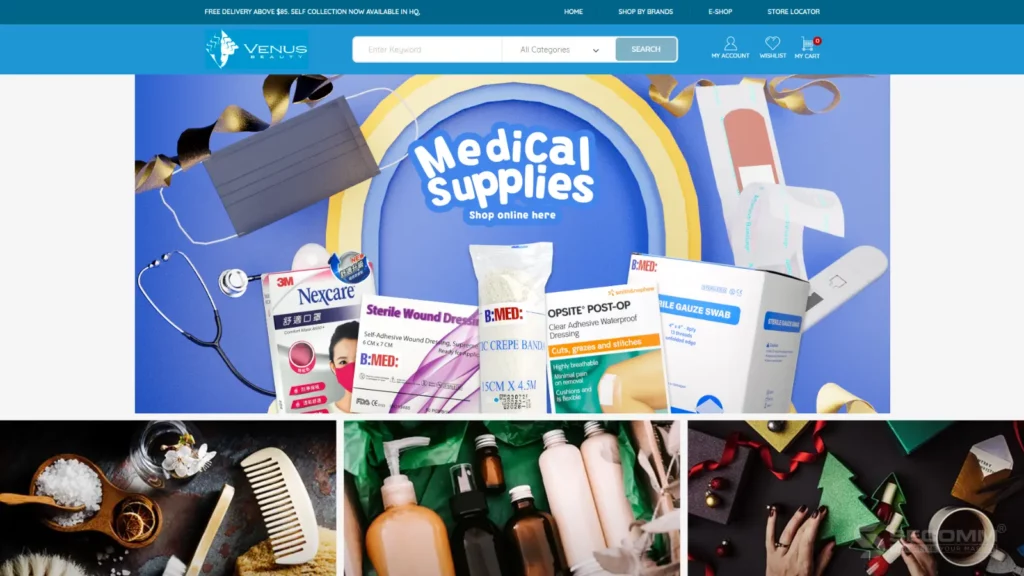
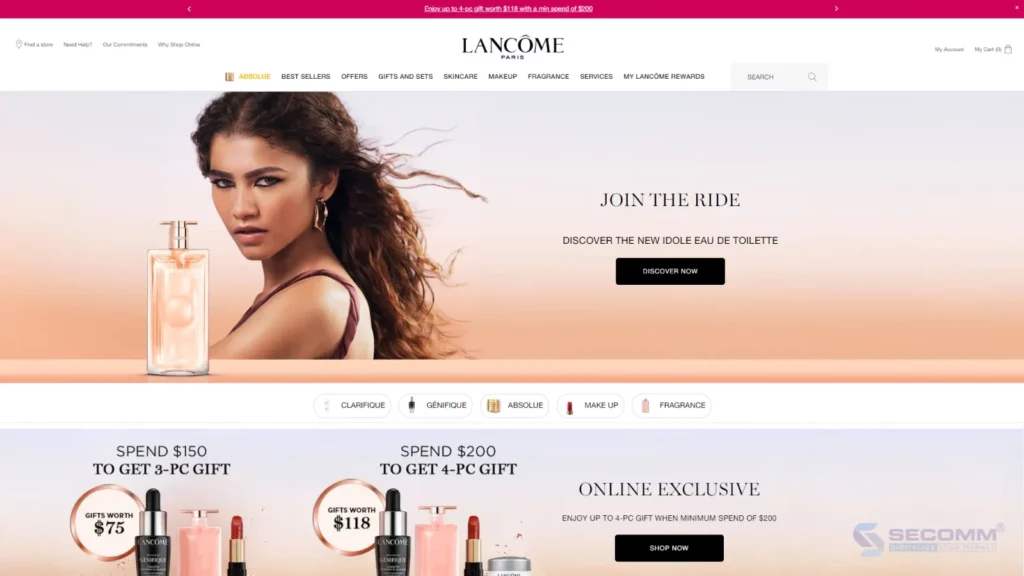
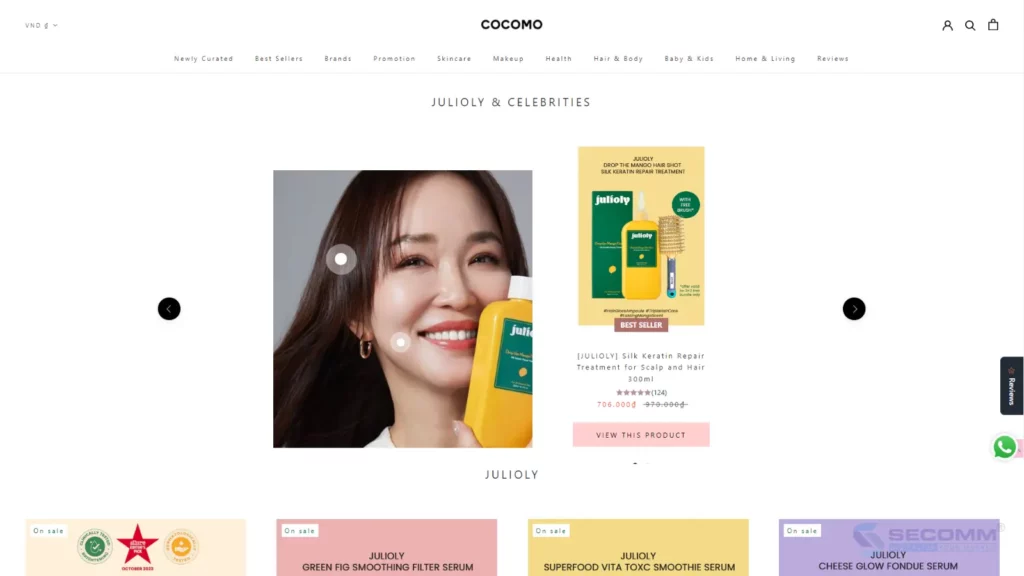
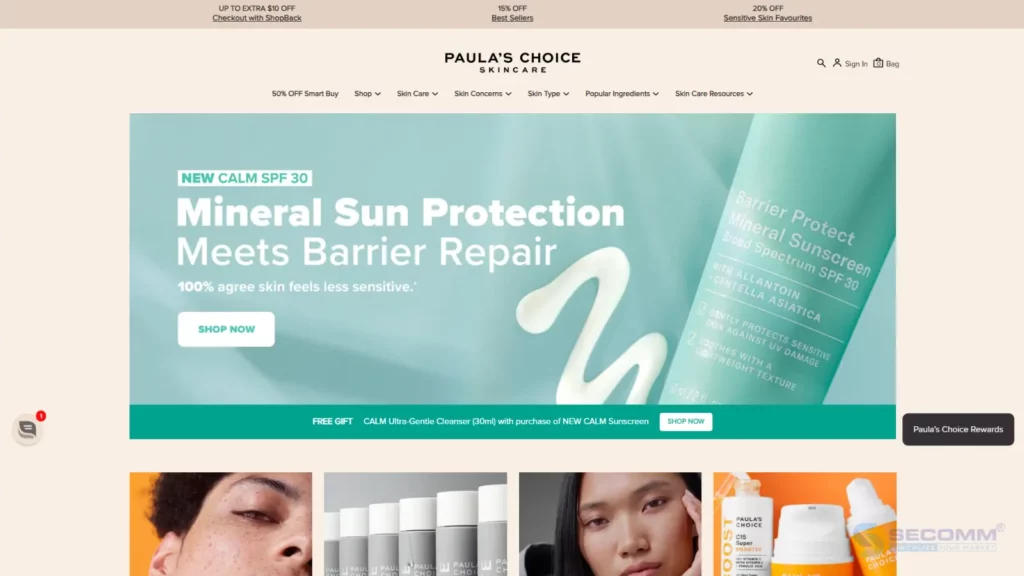
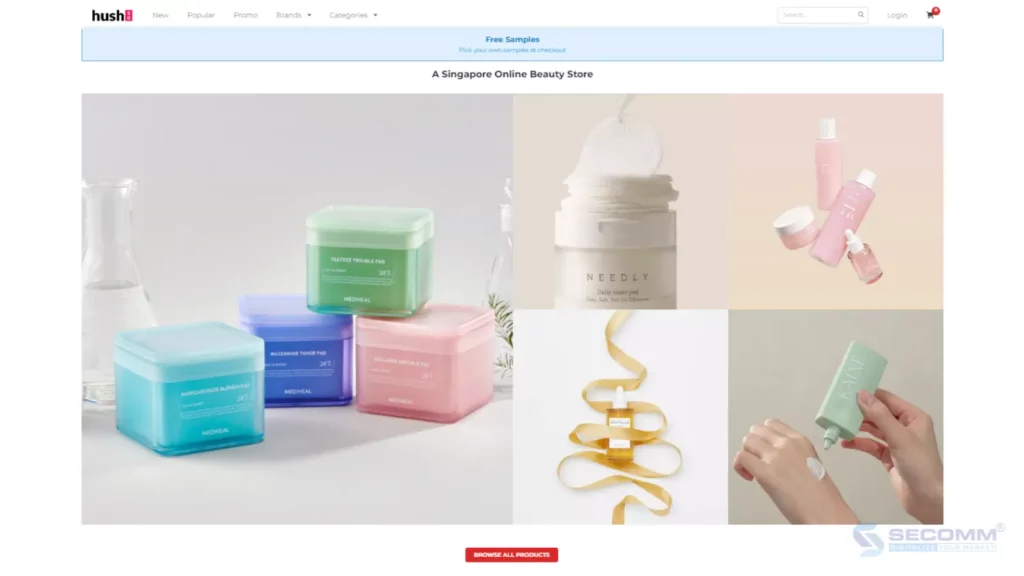

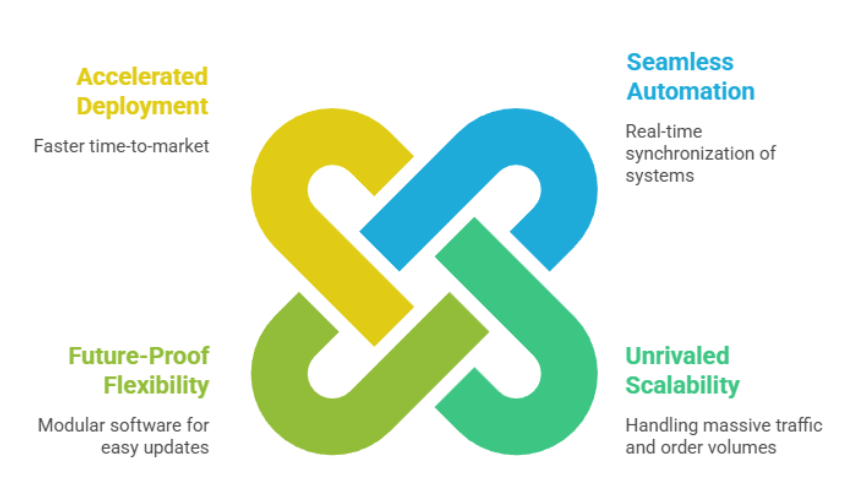


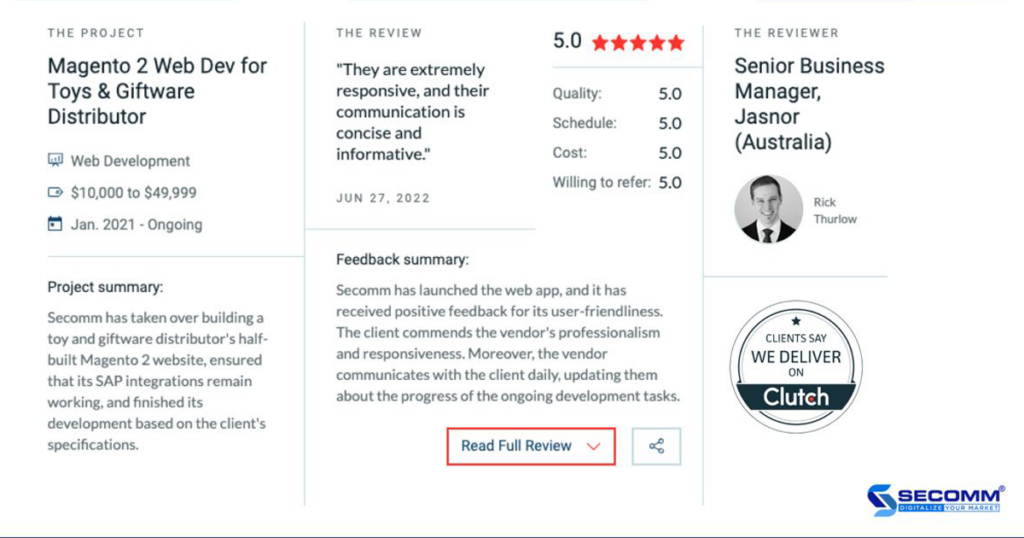
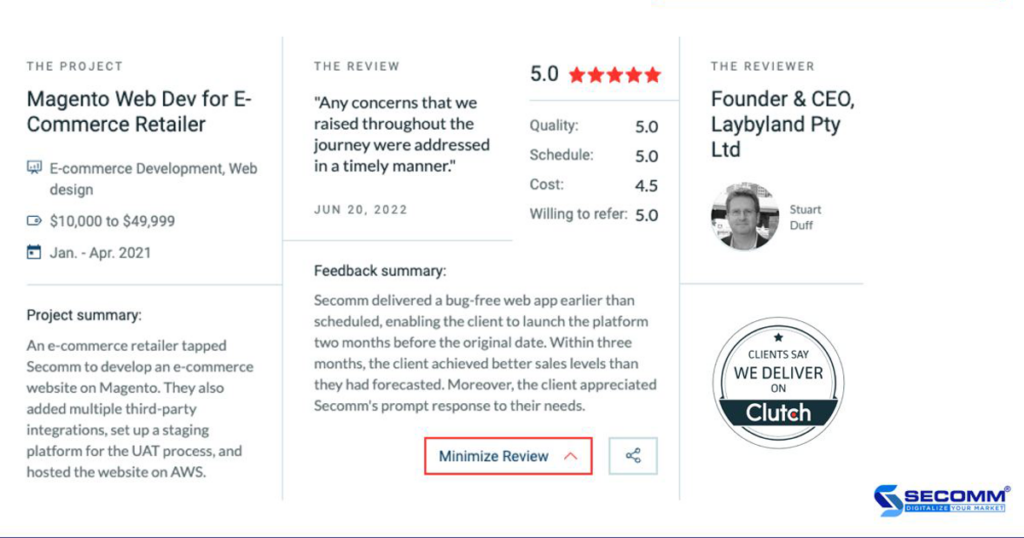



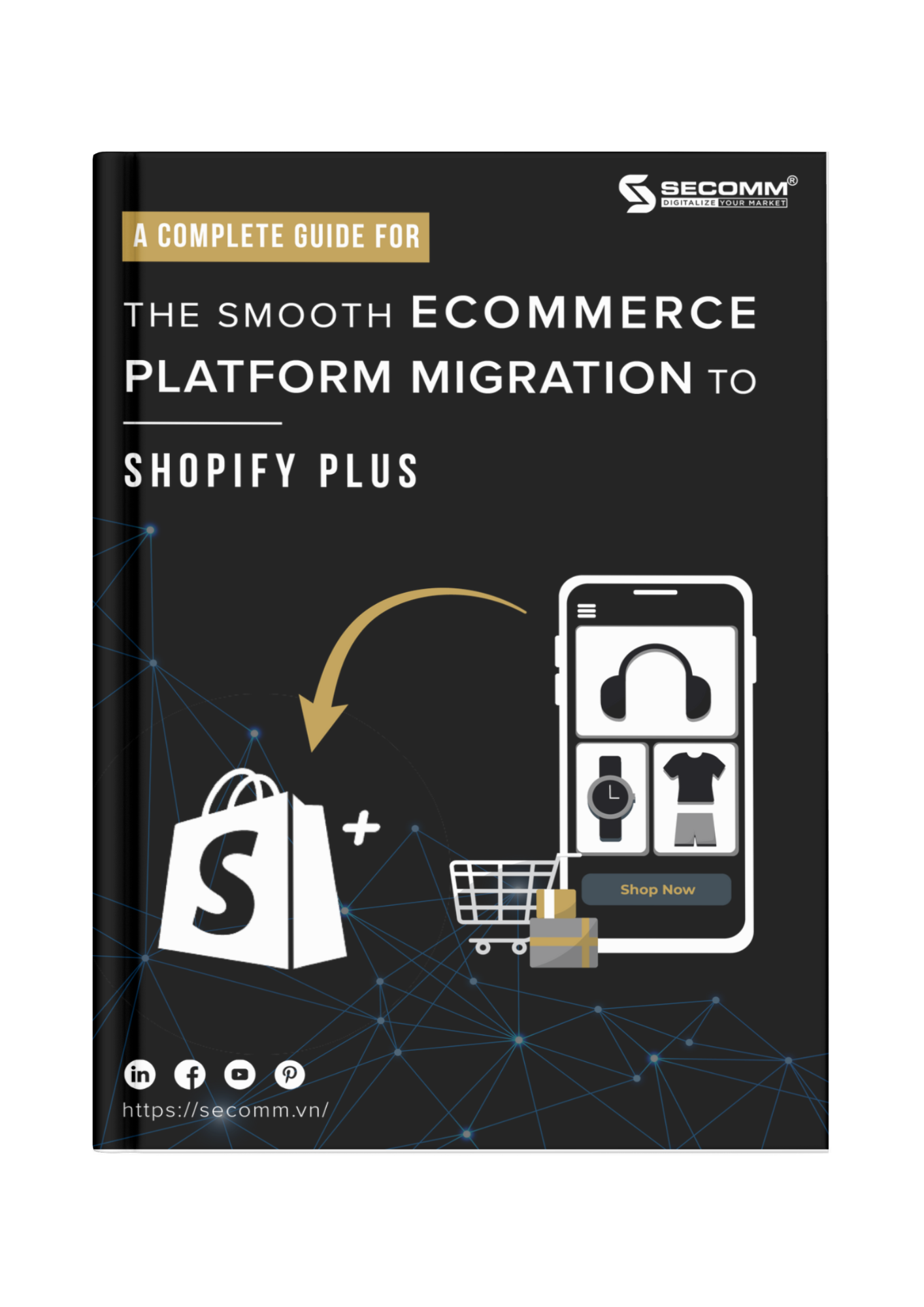



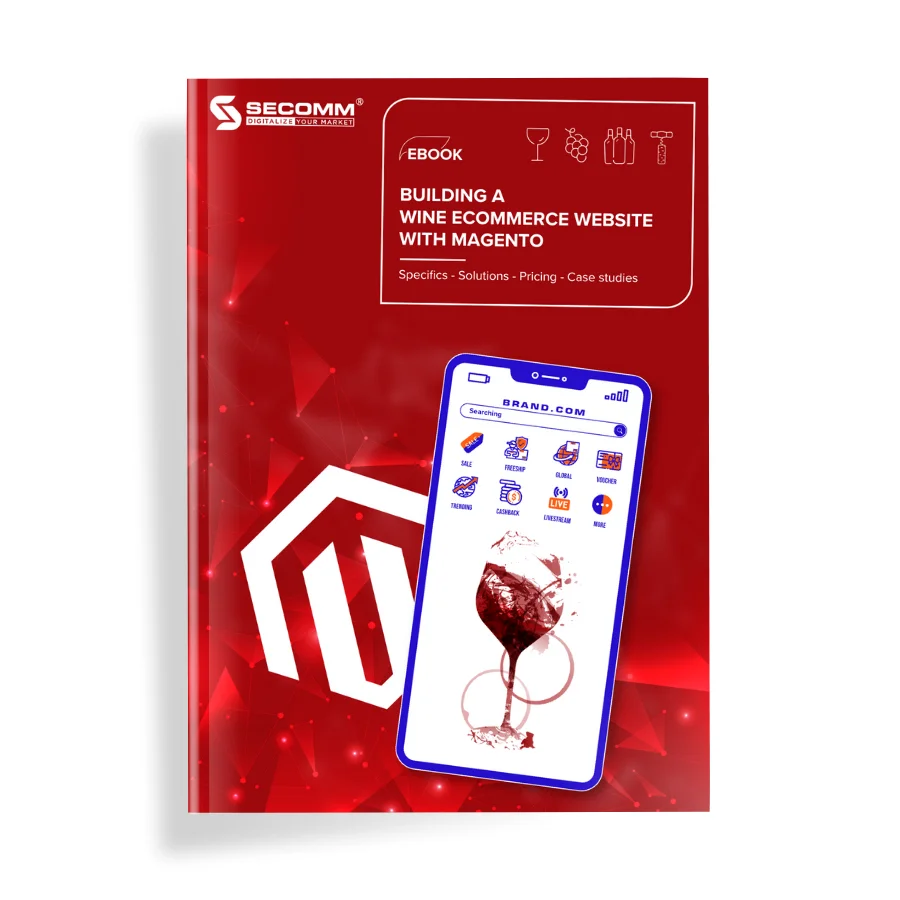
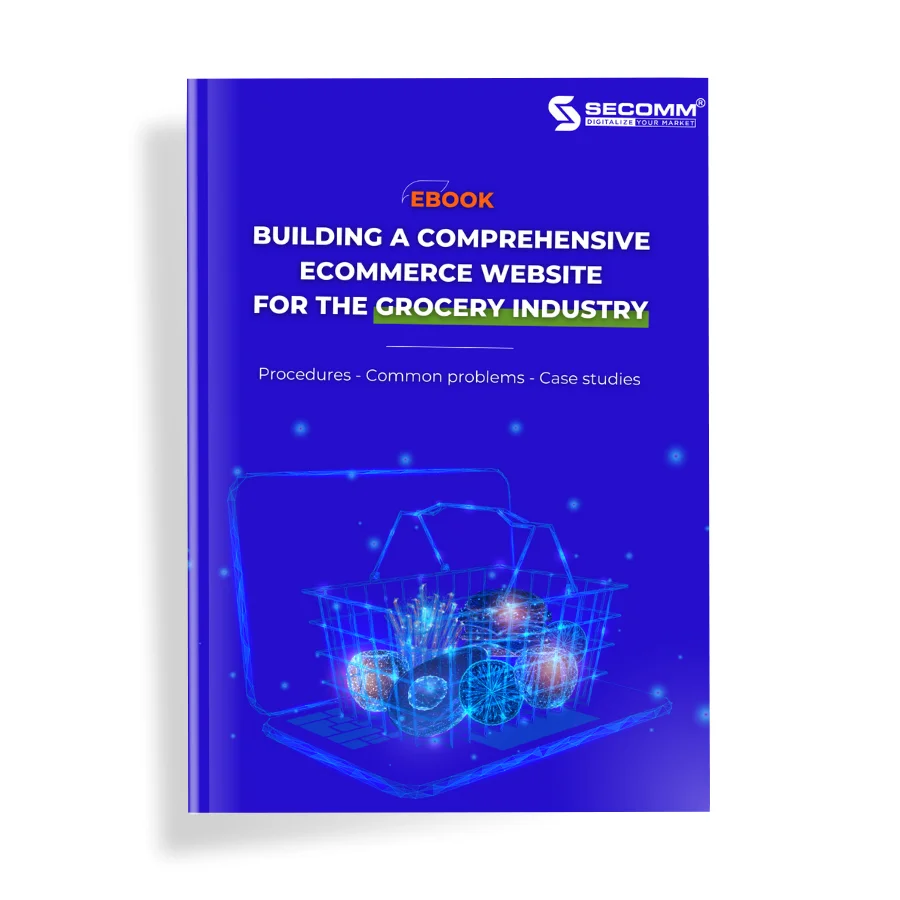
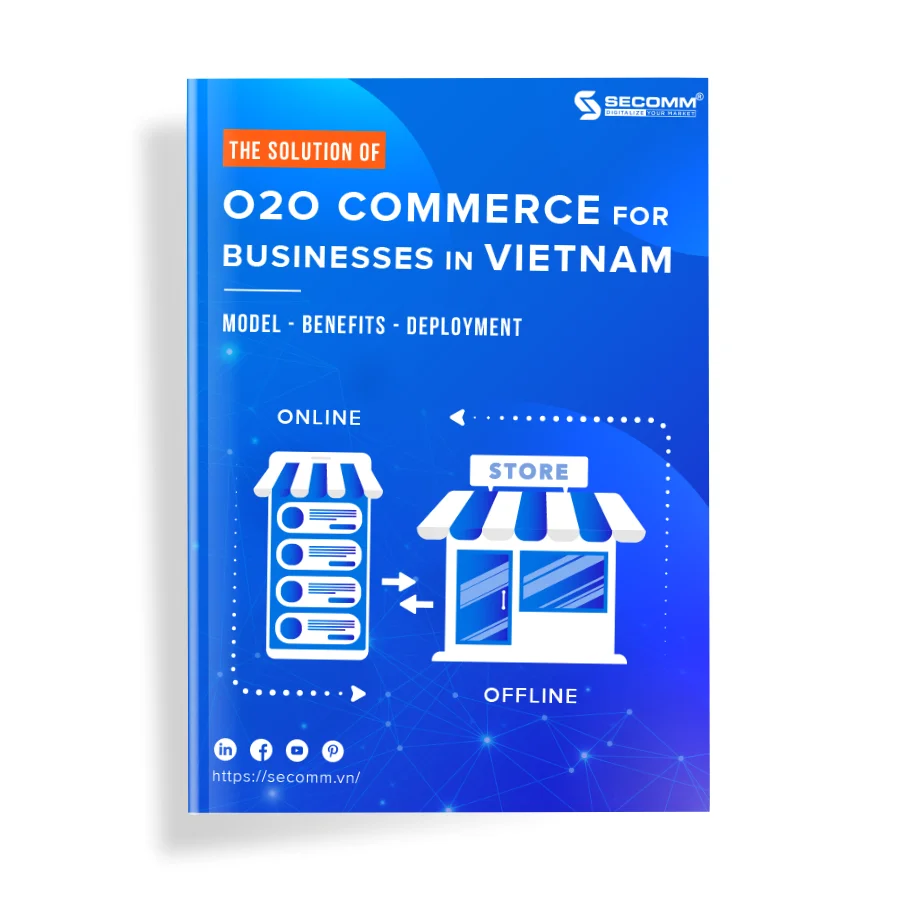
Comment (0)